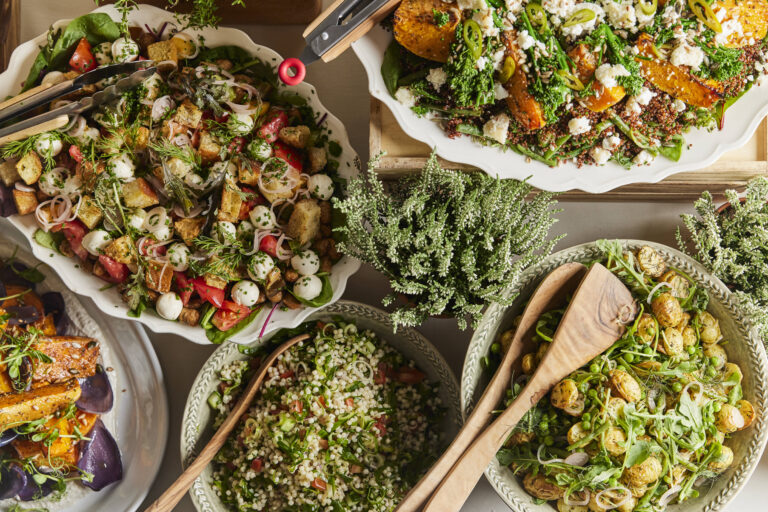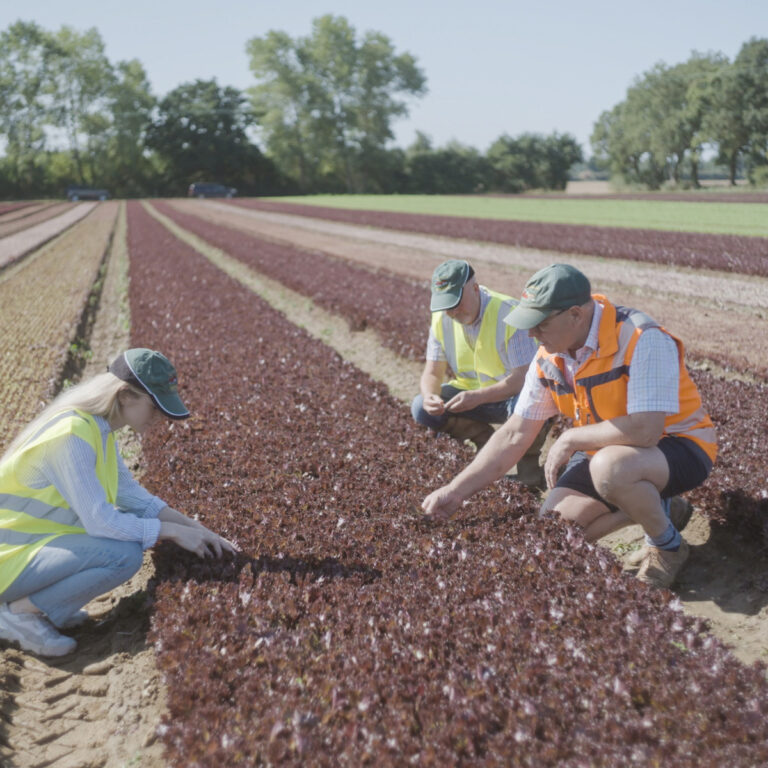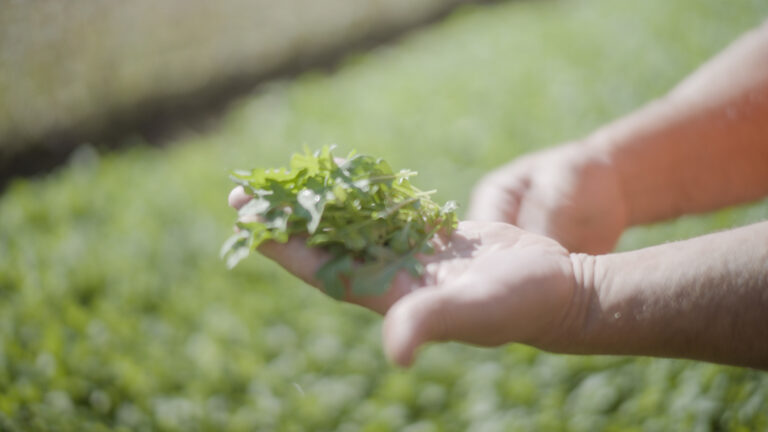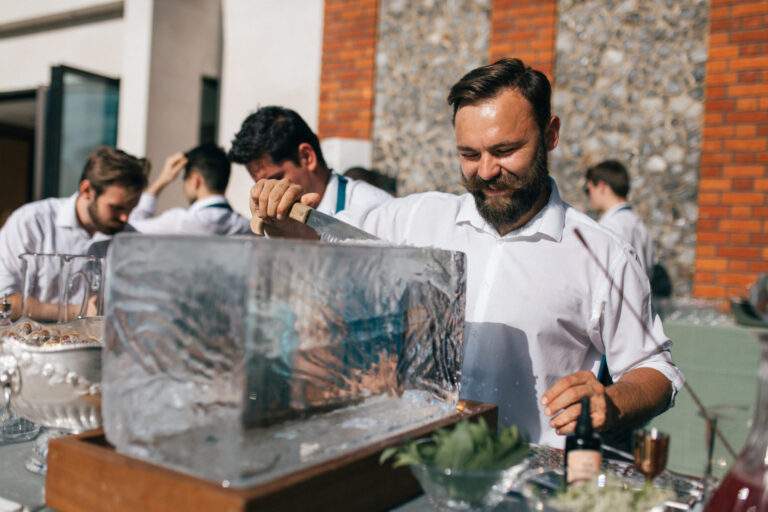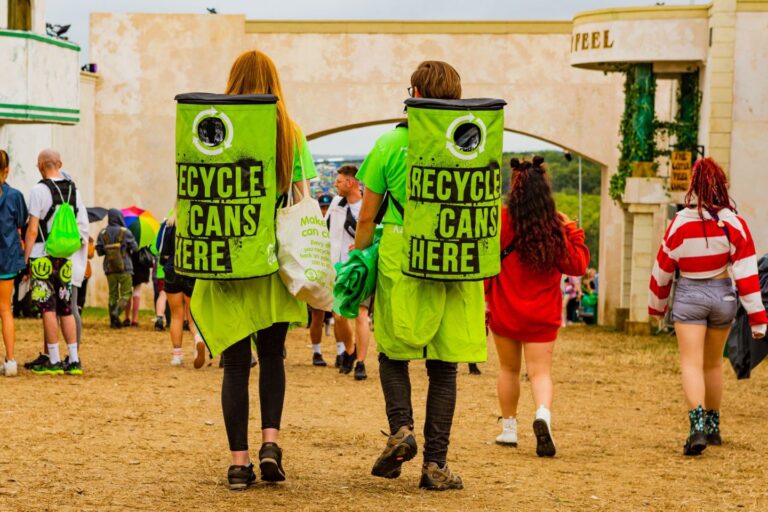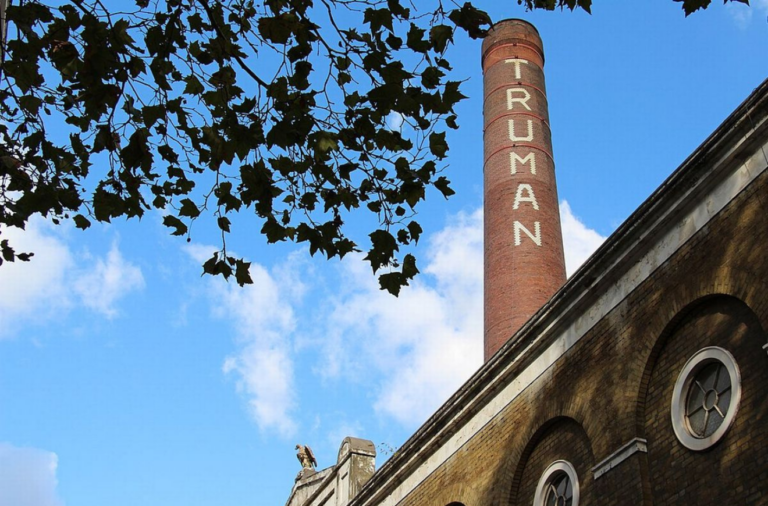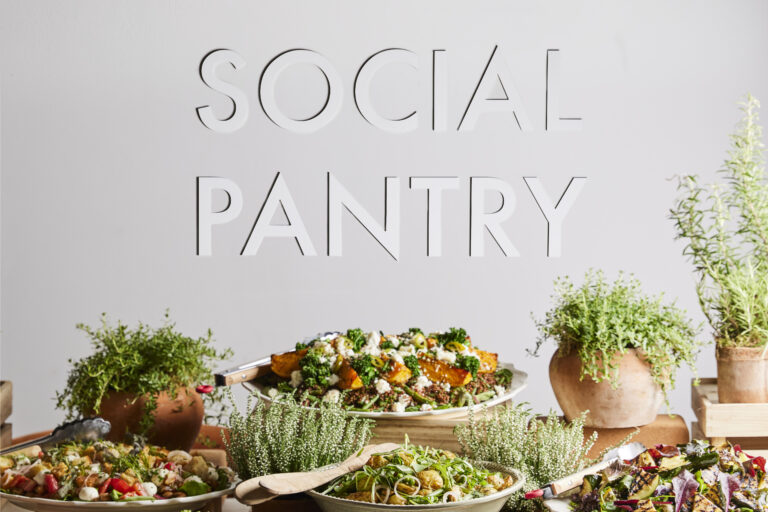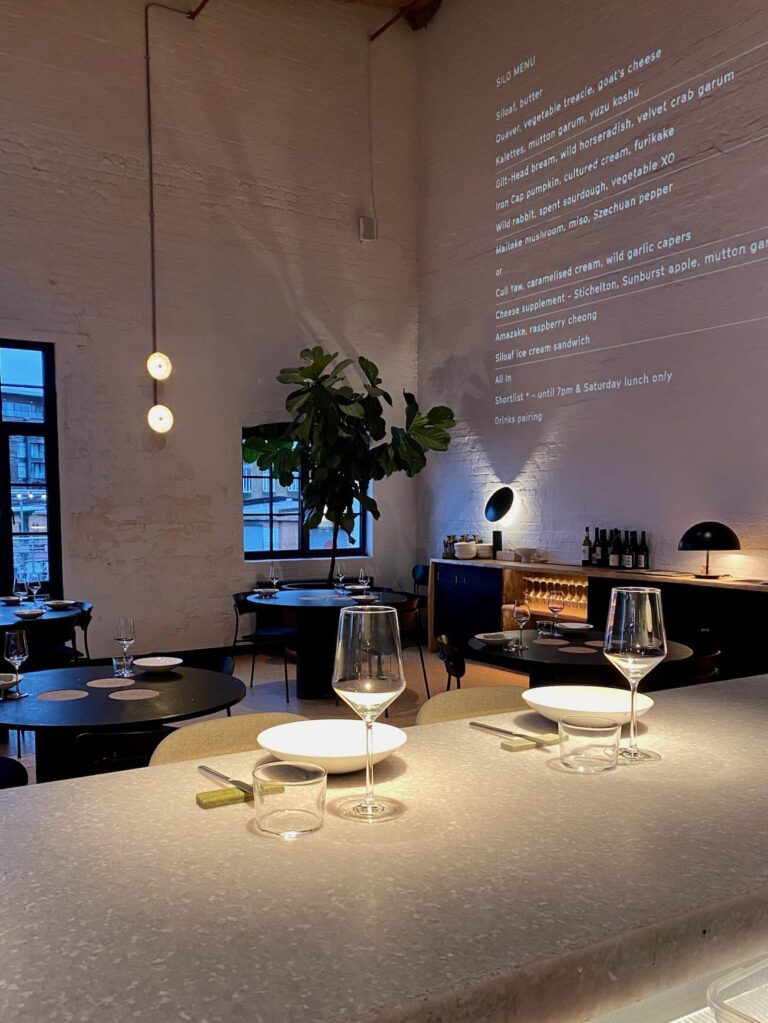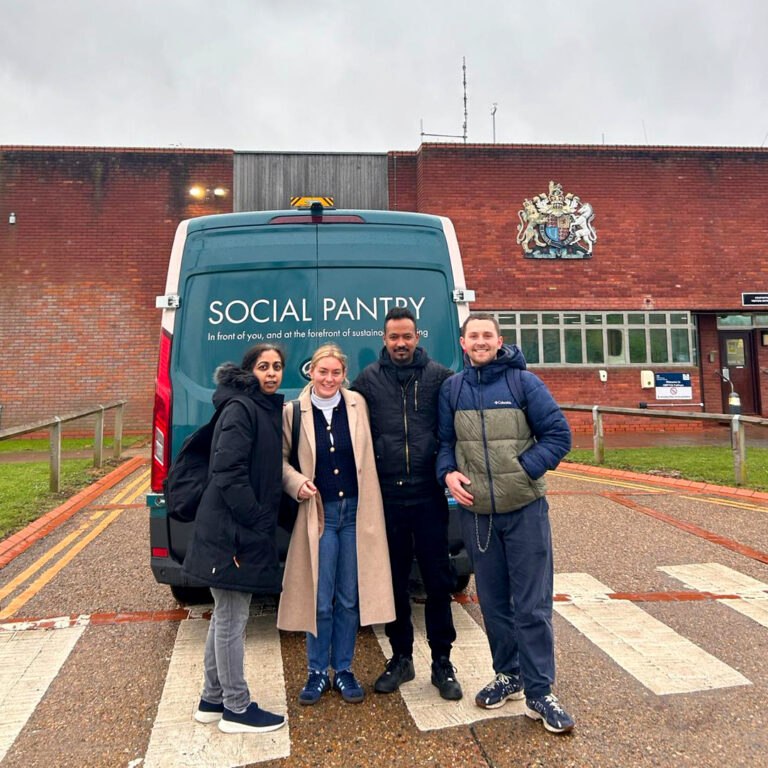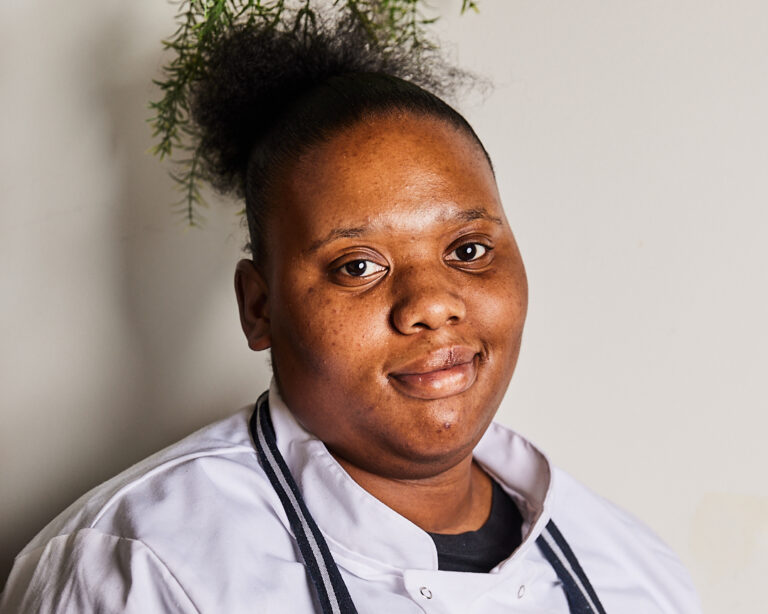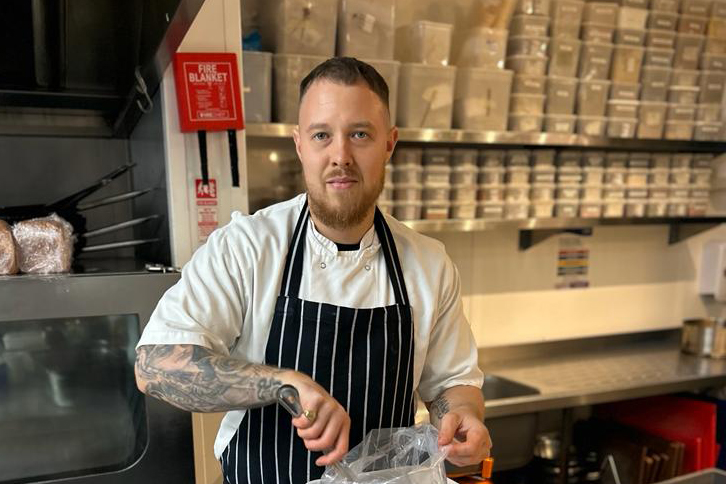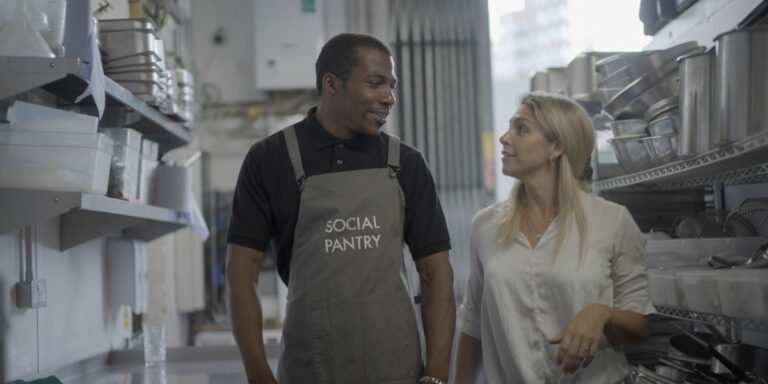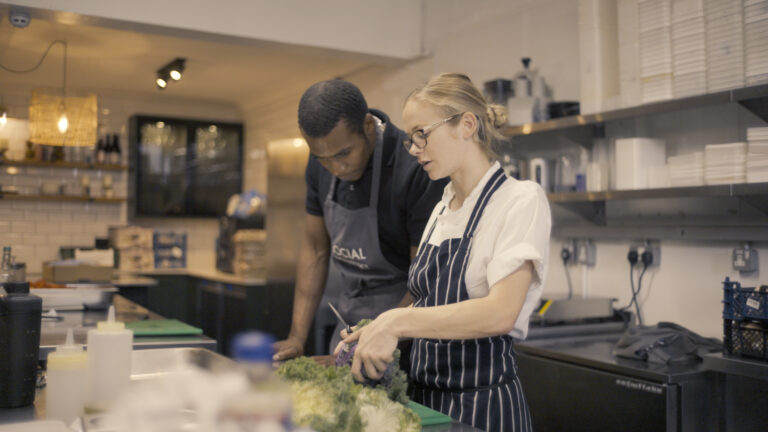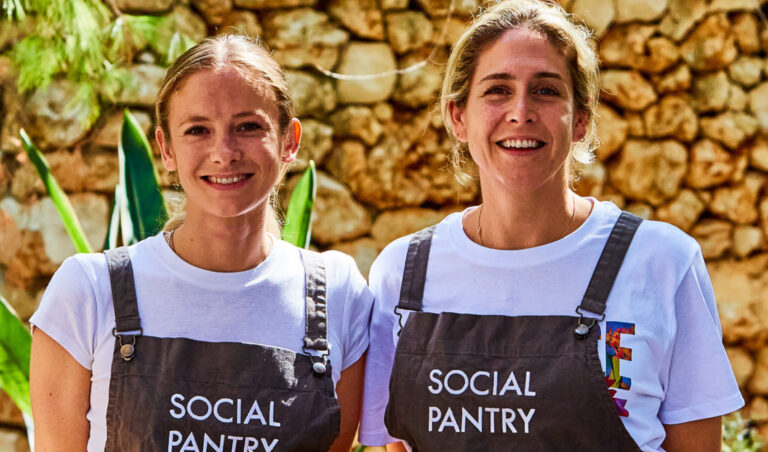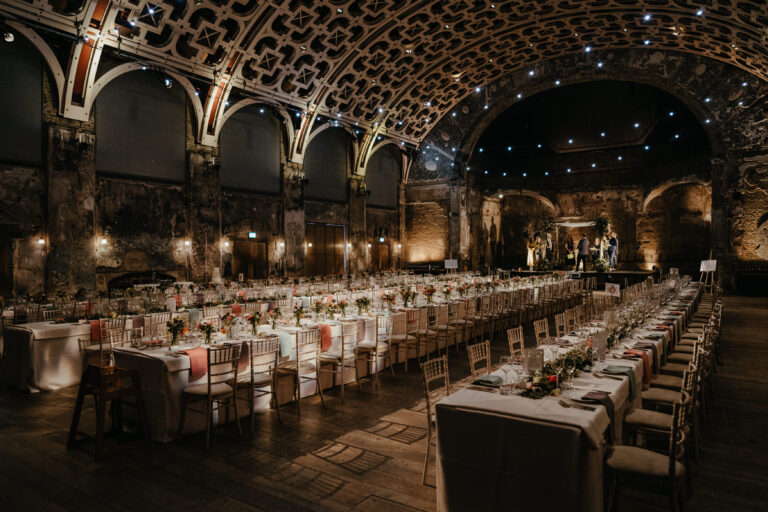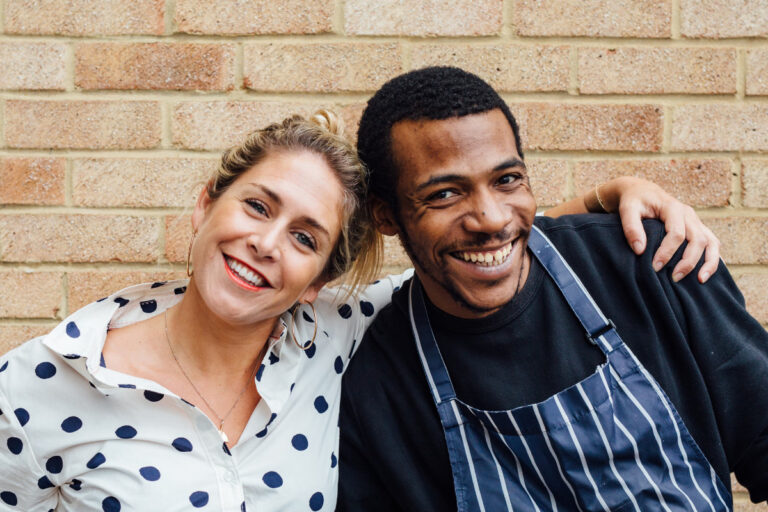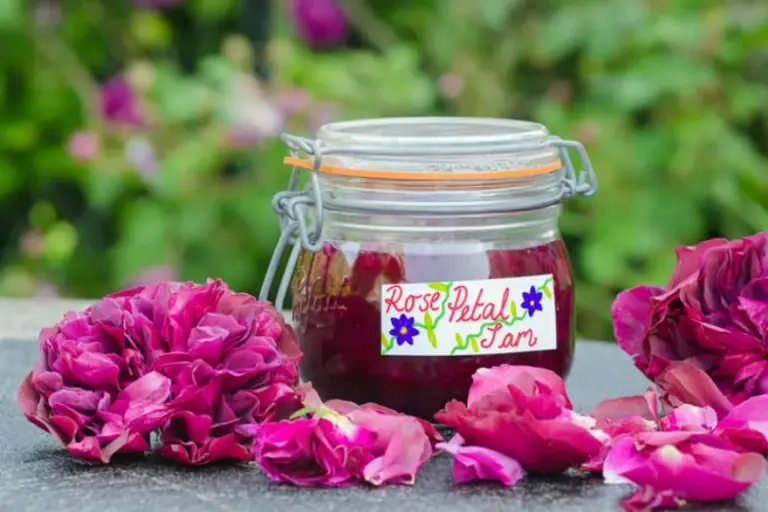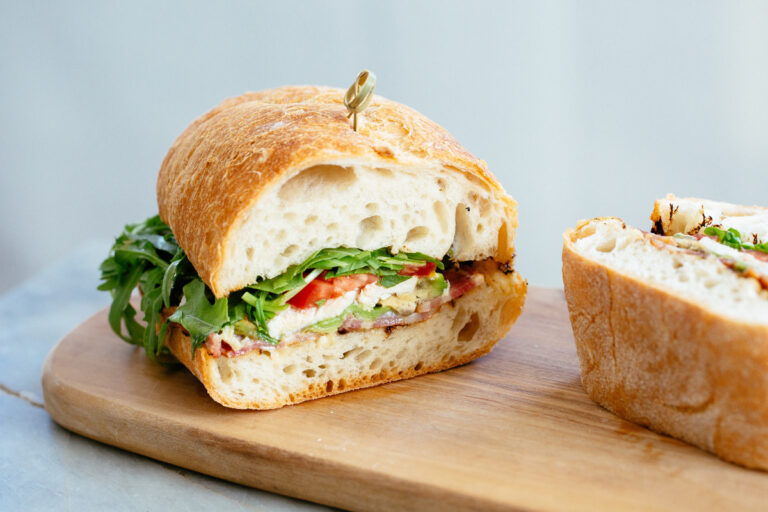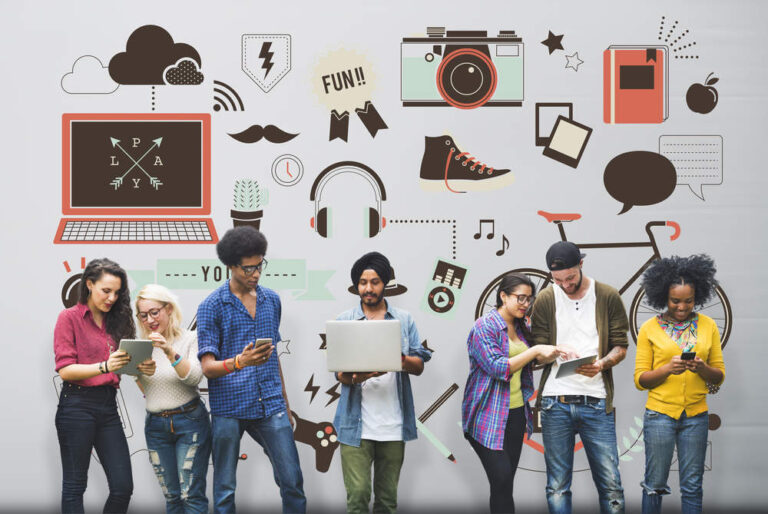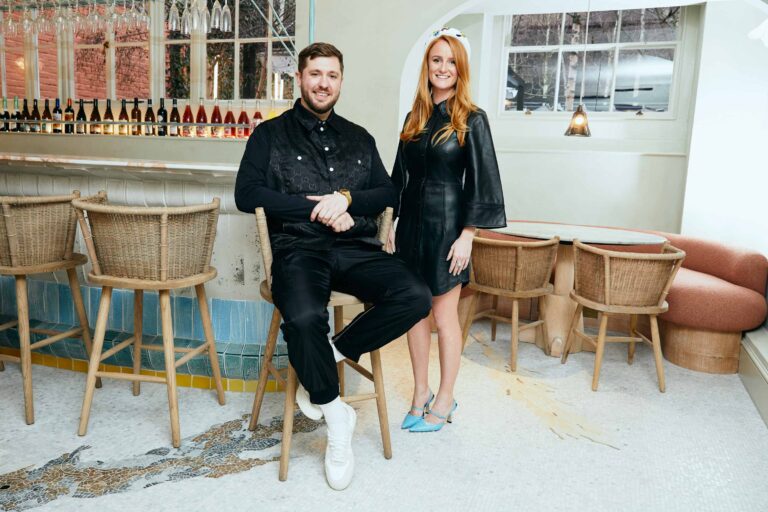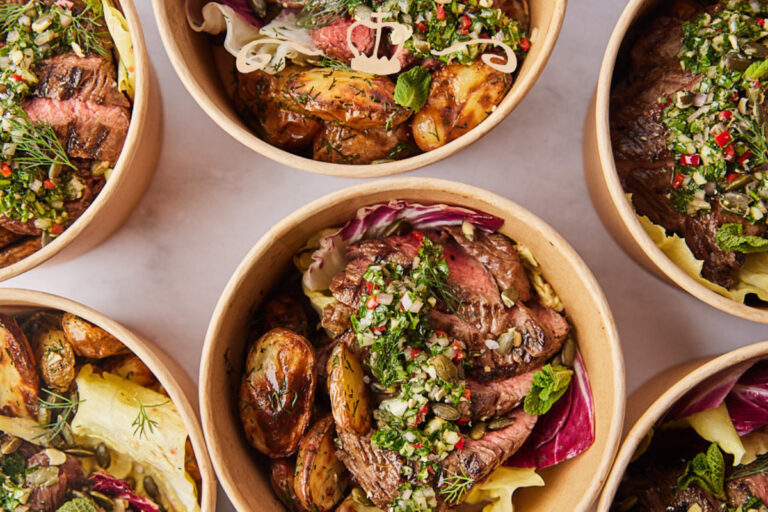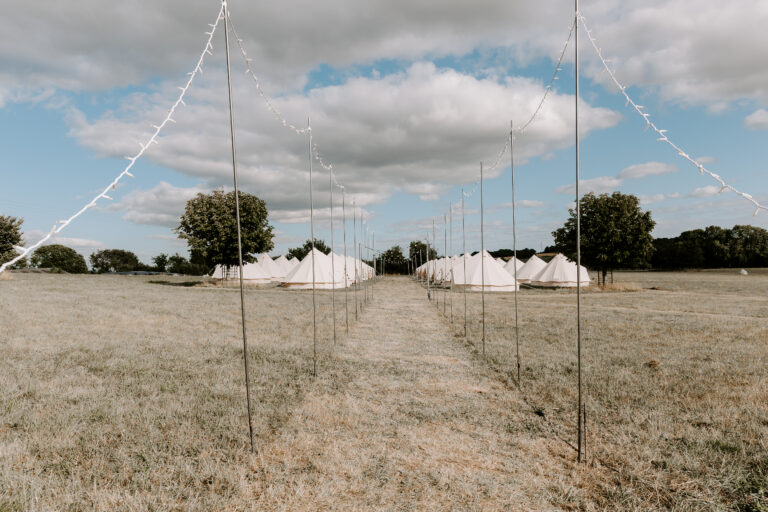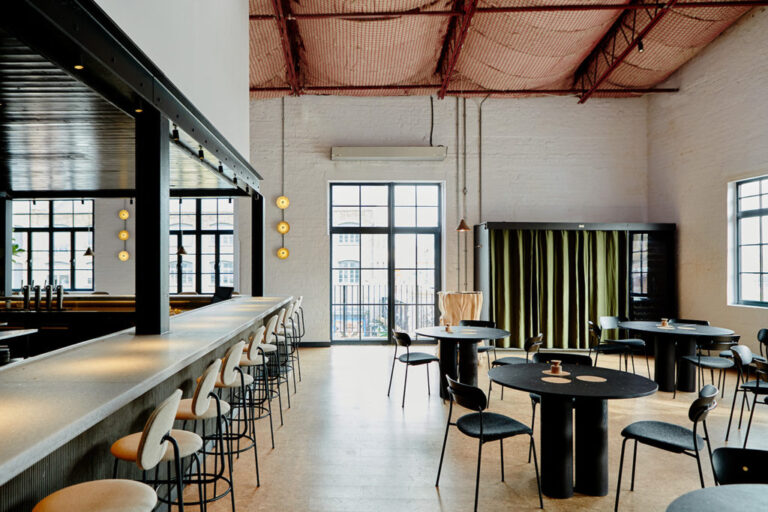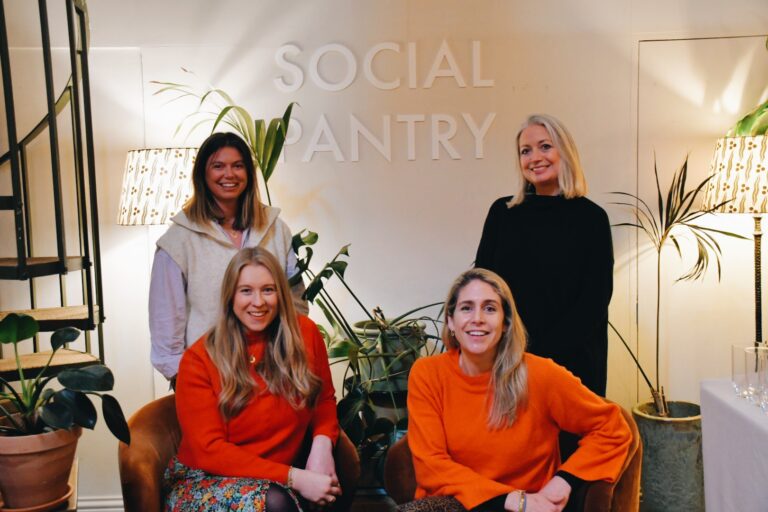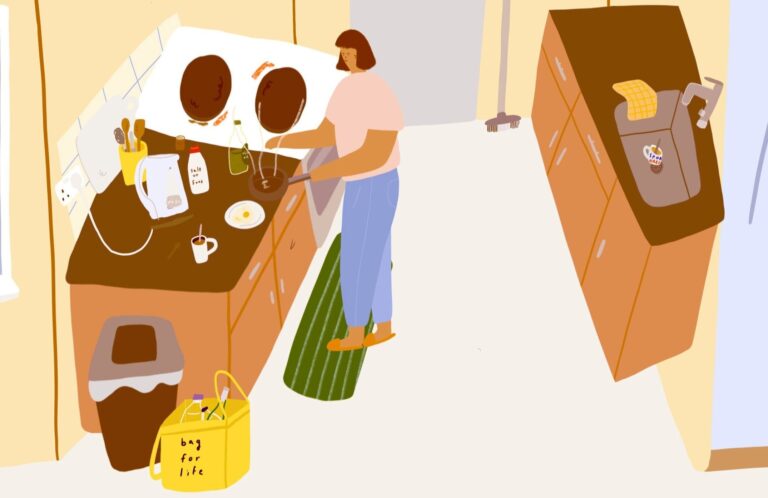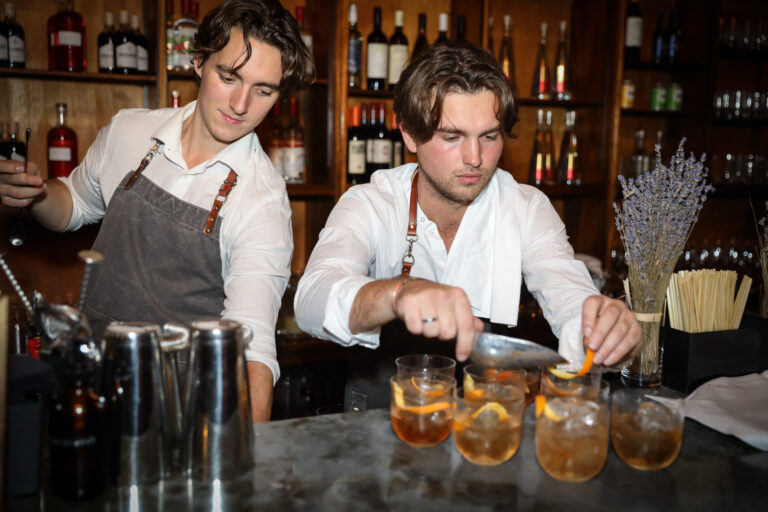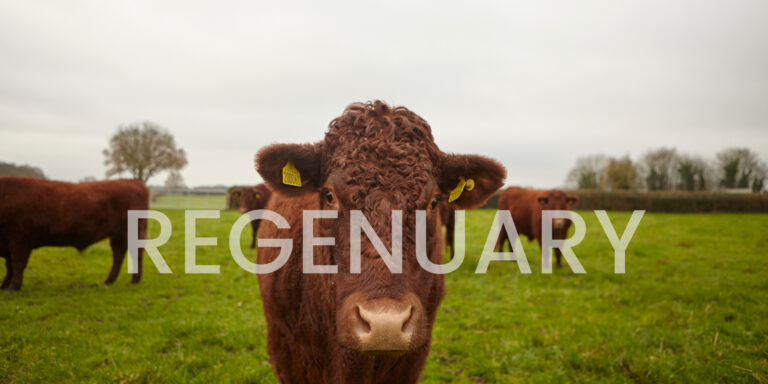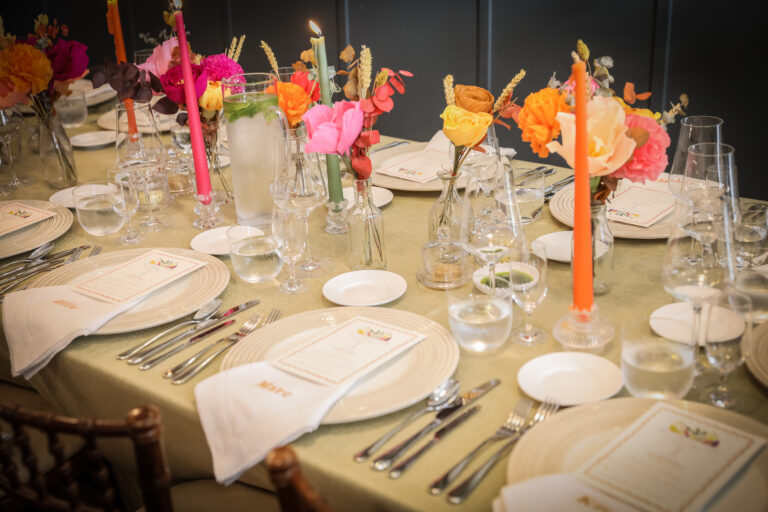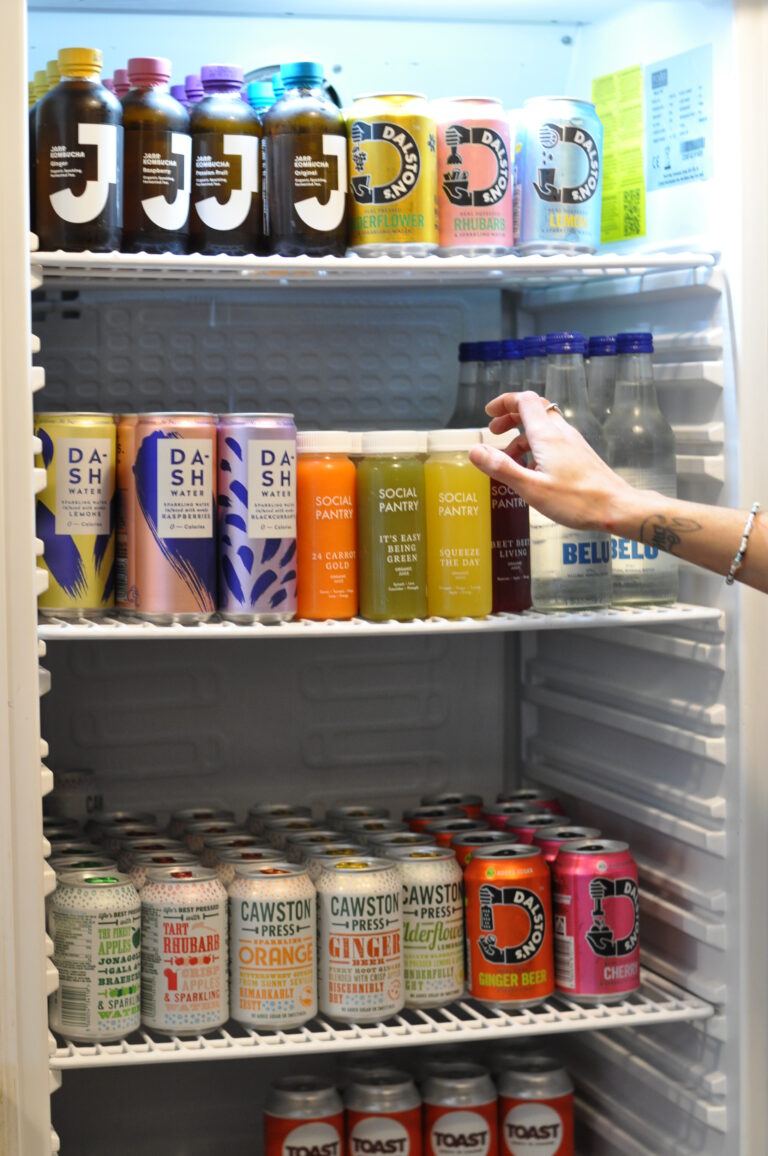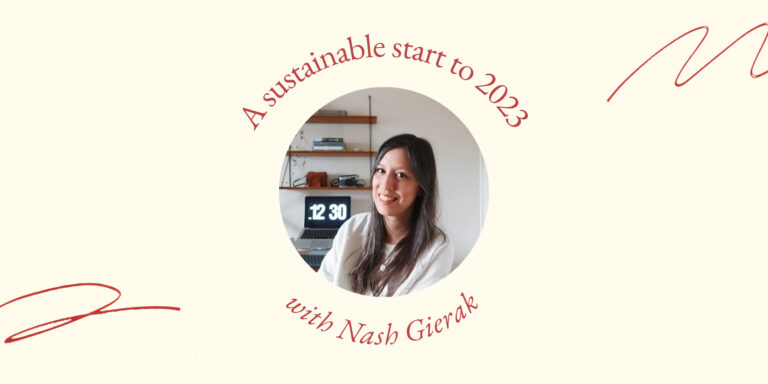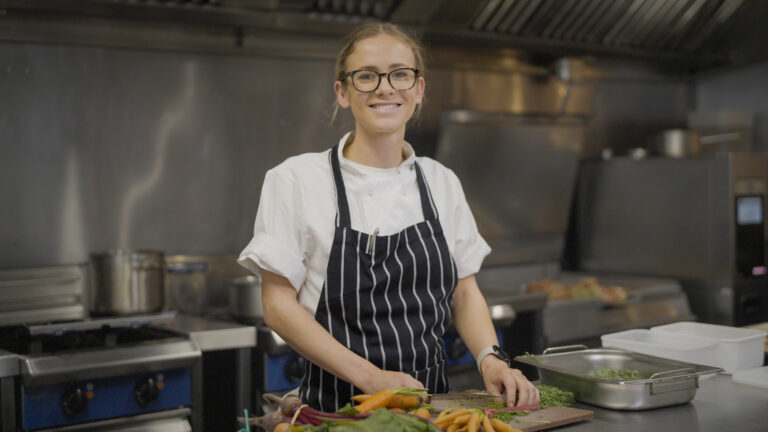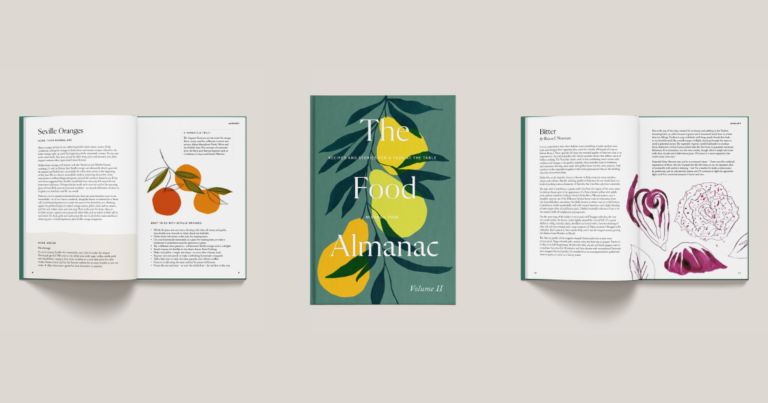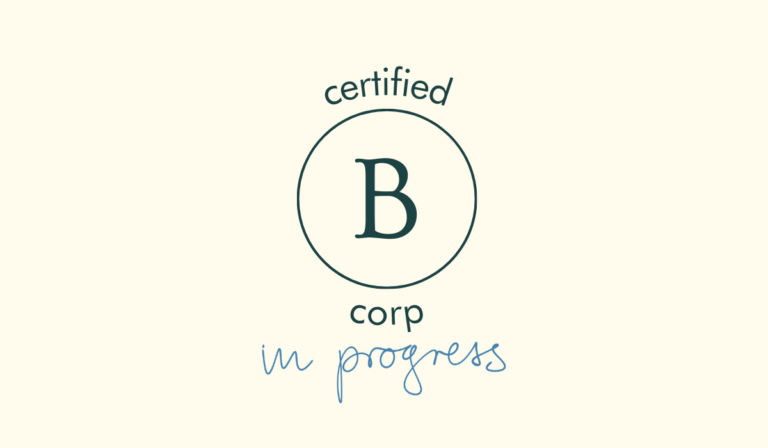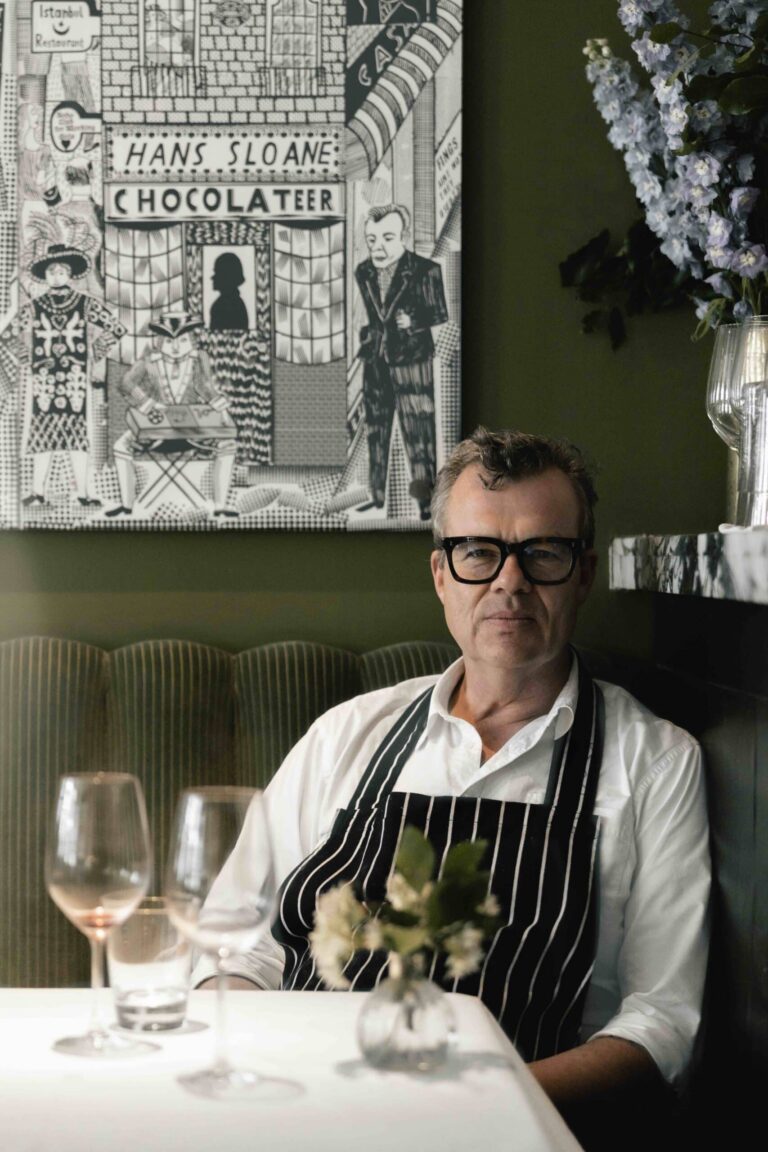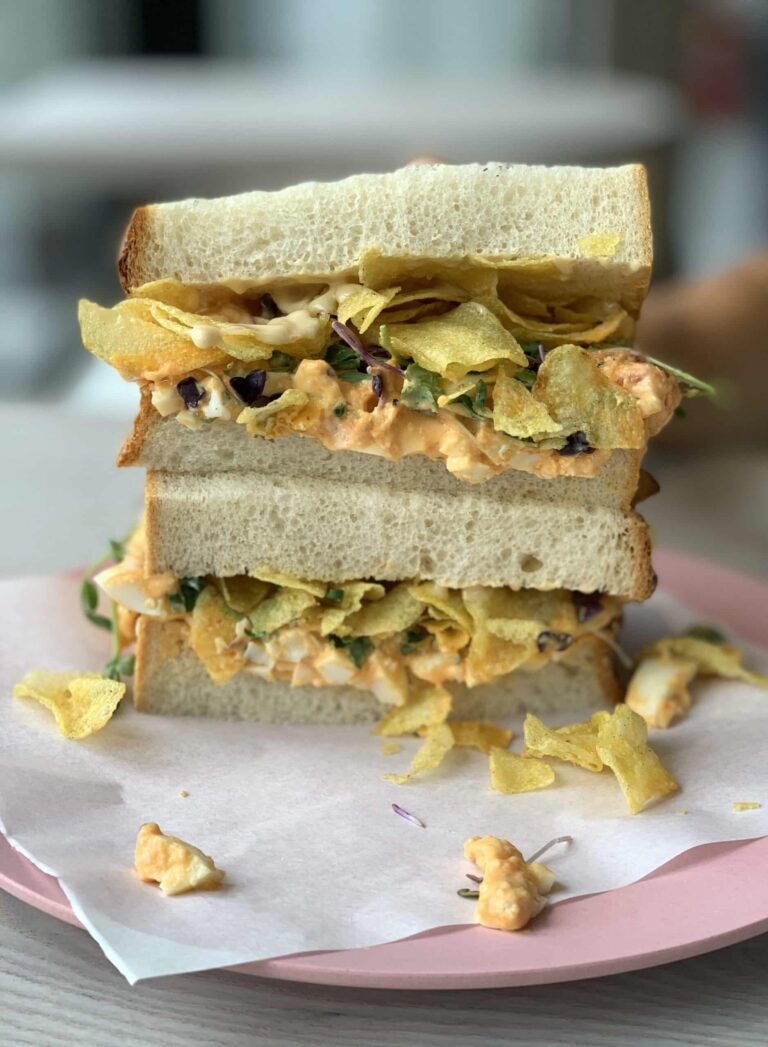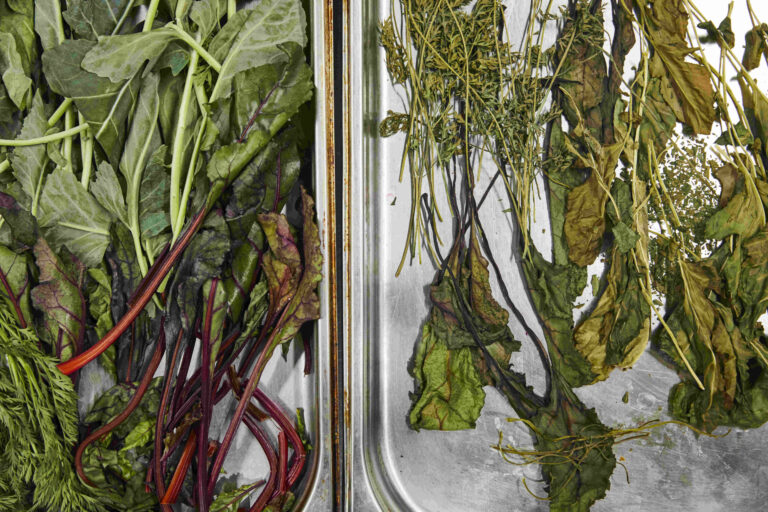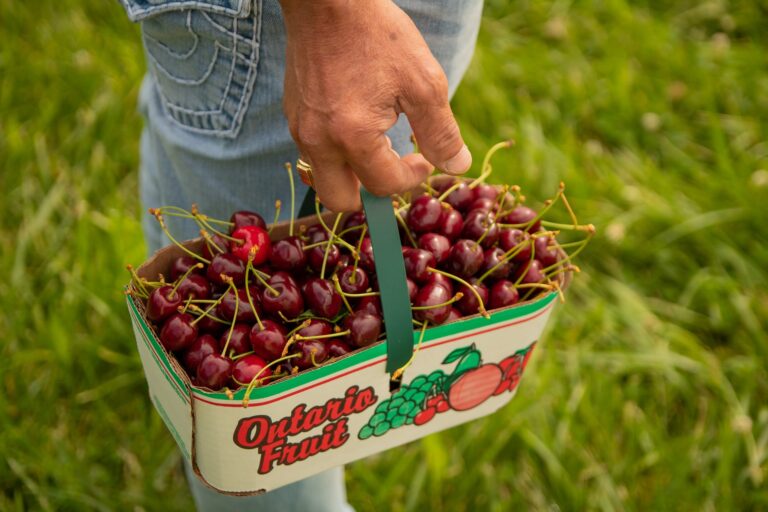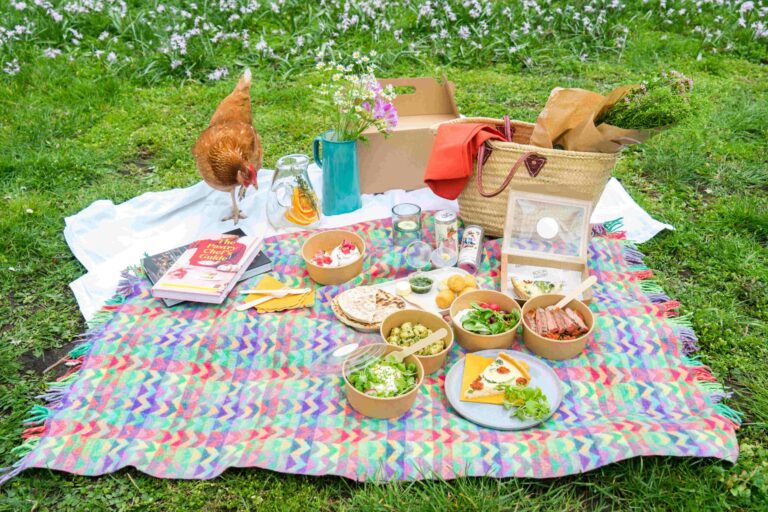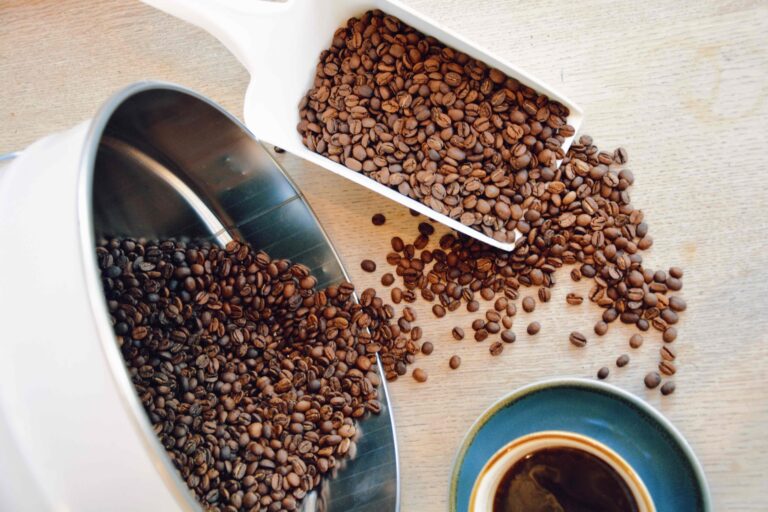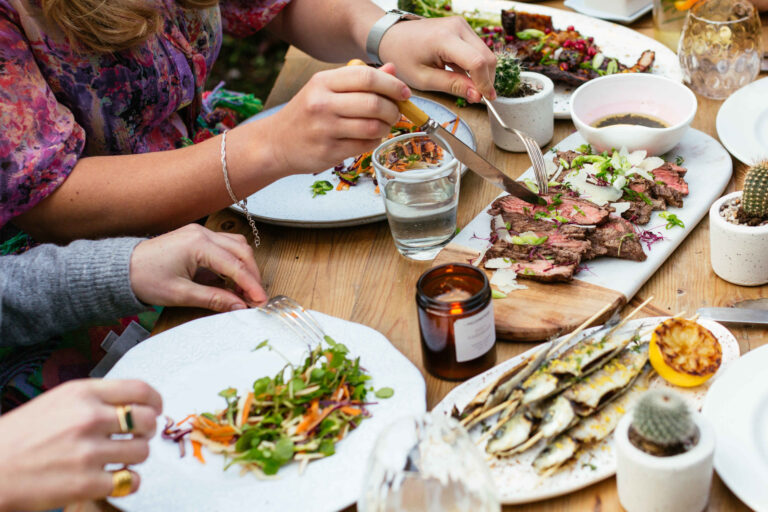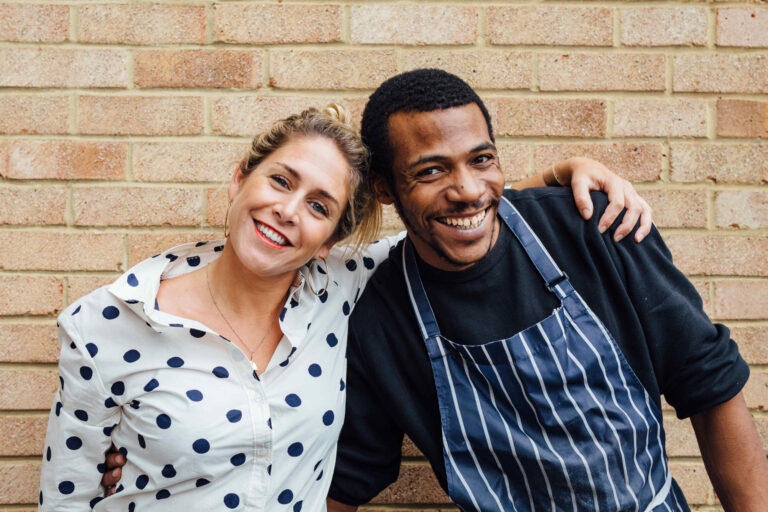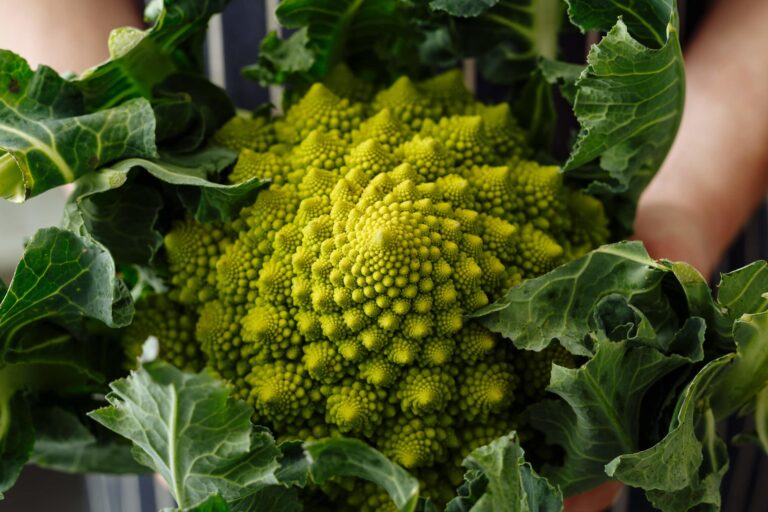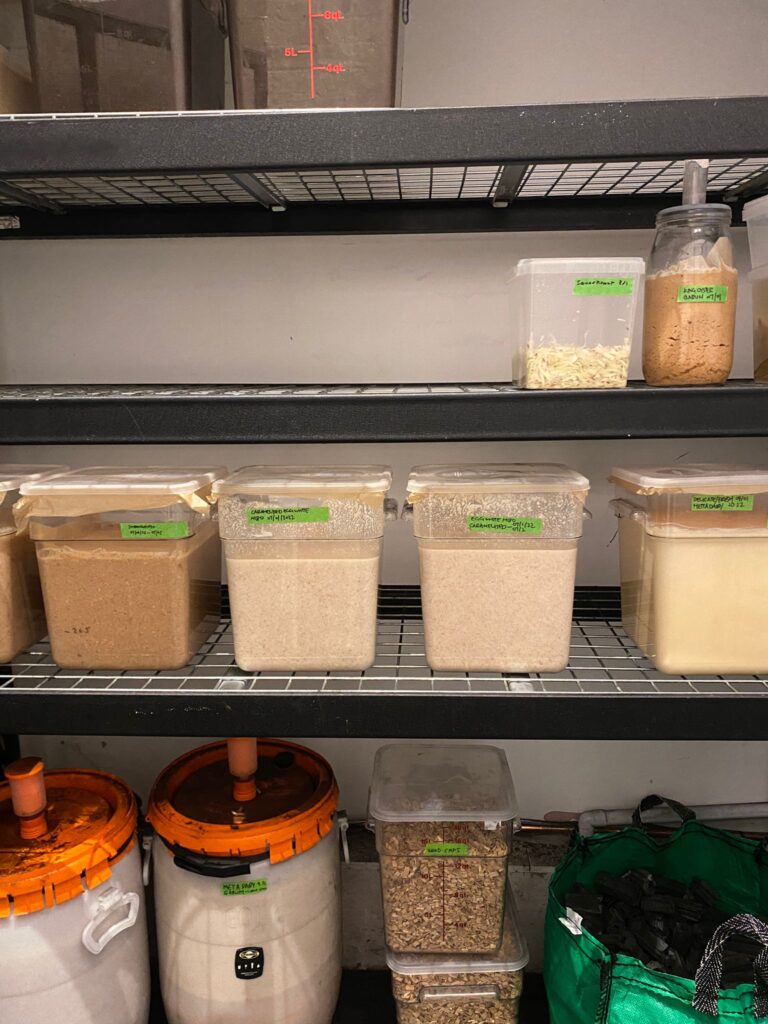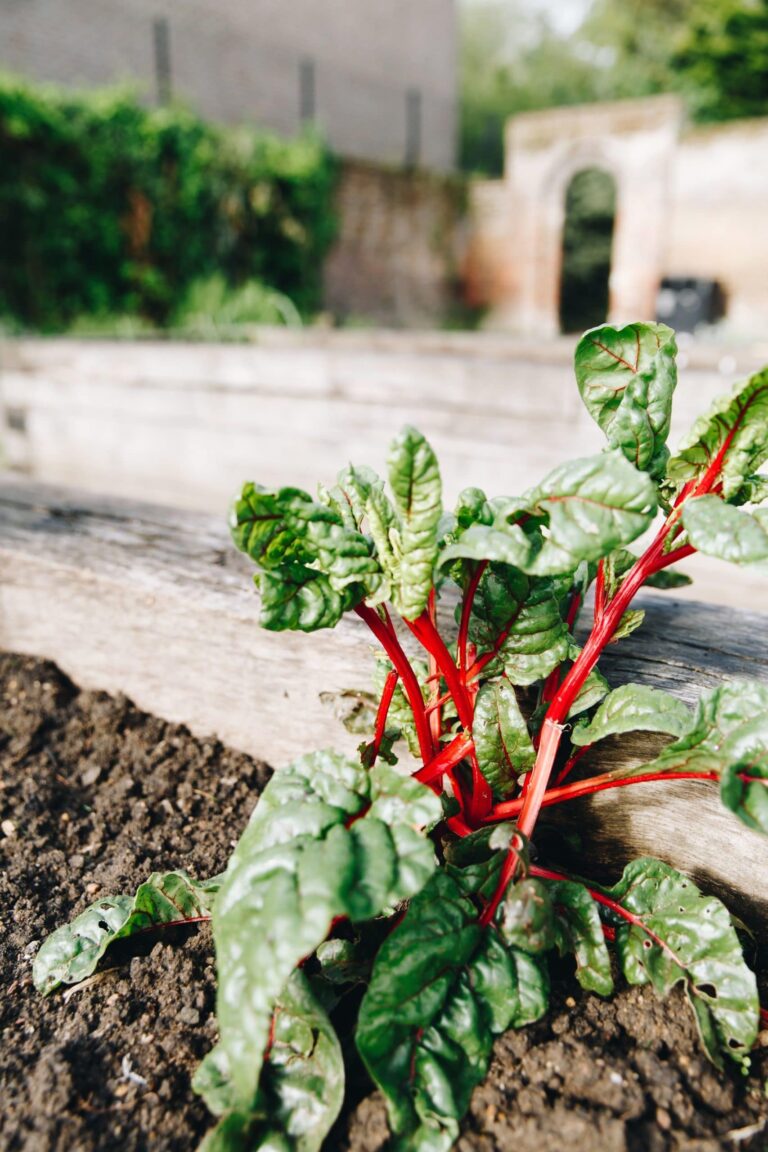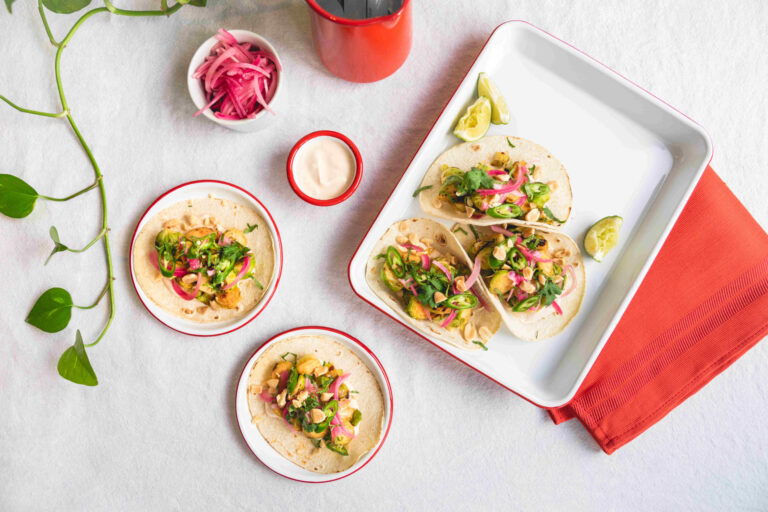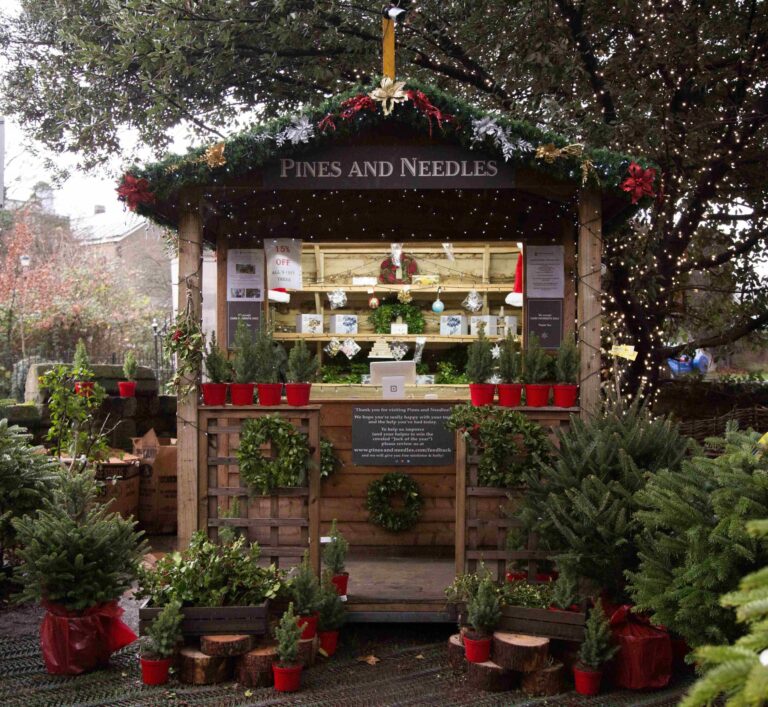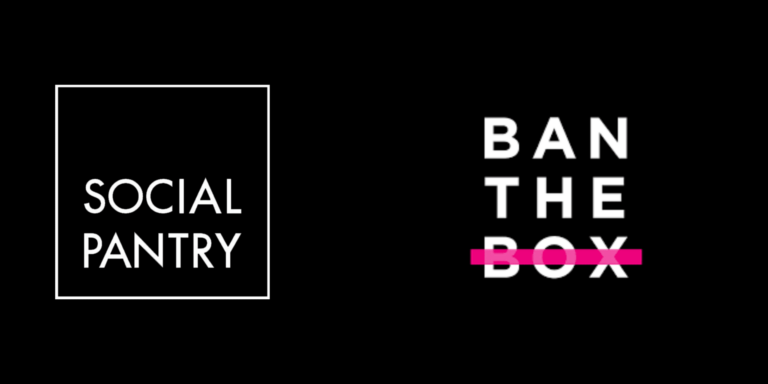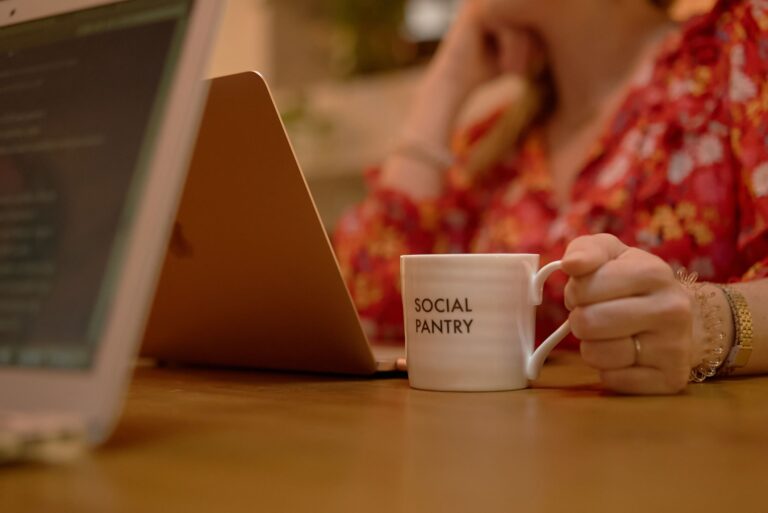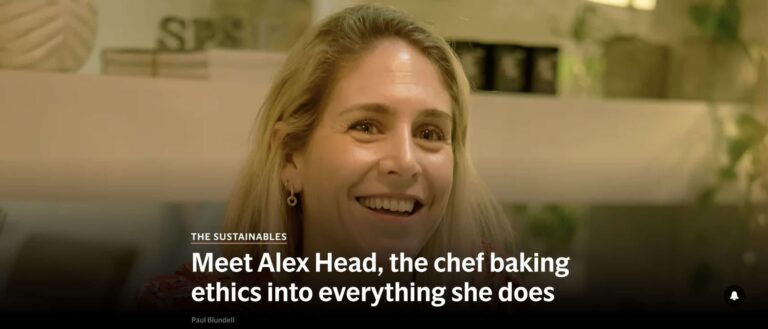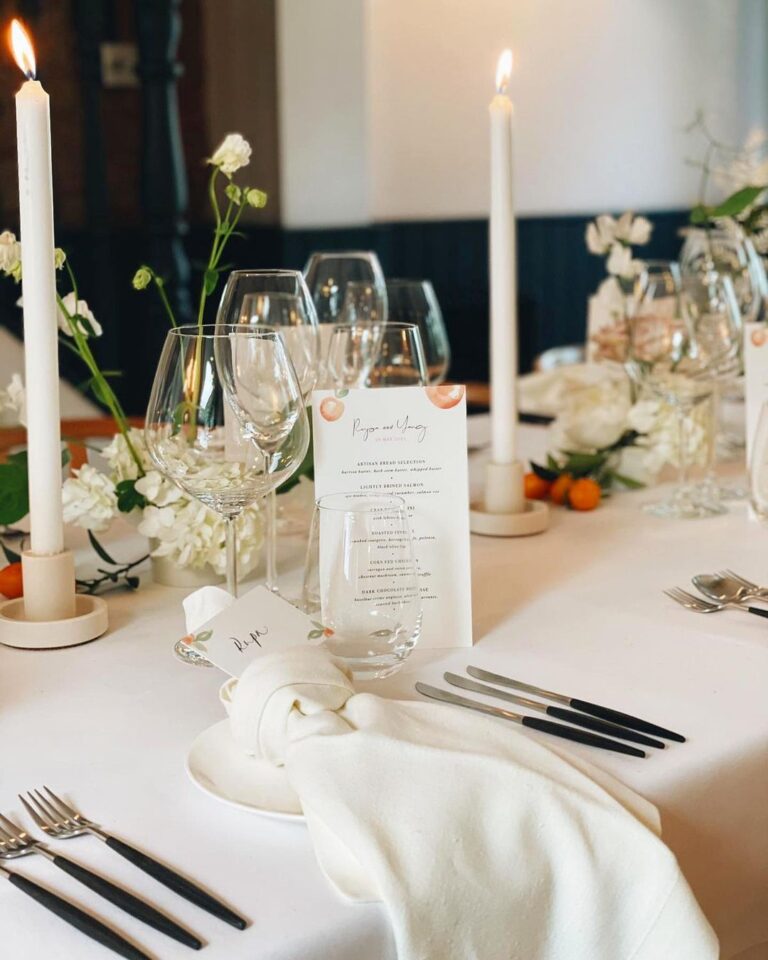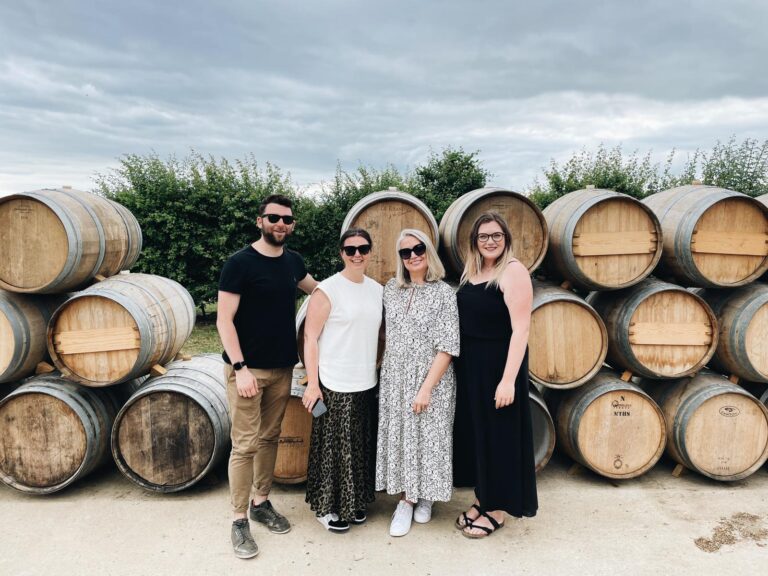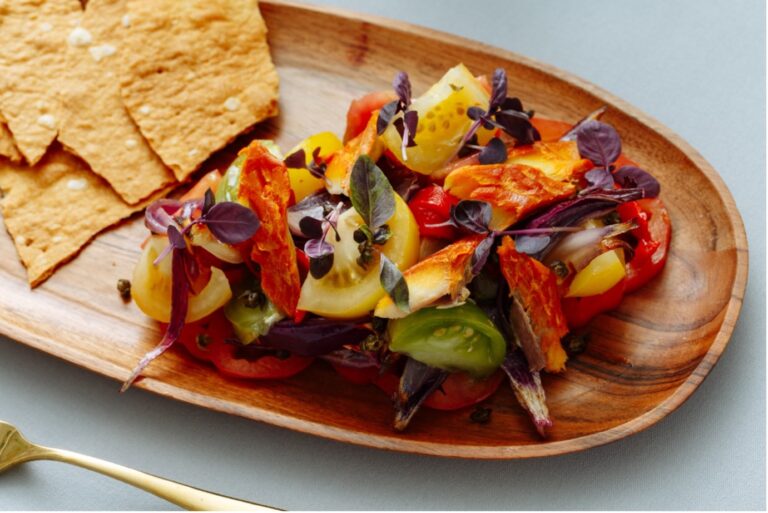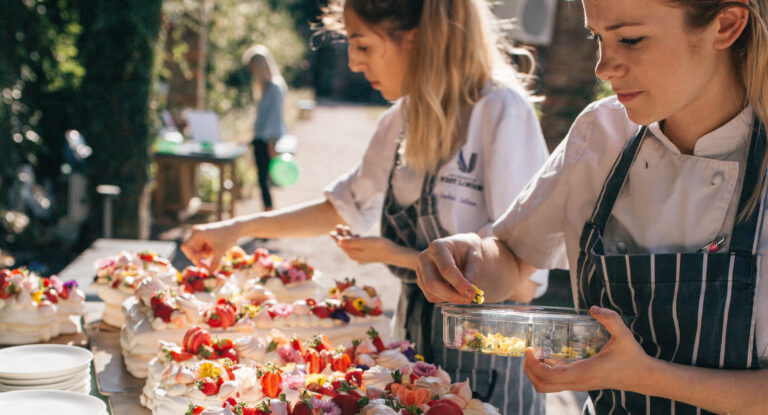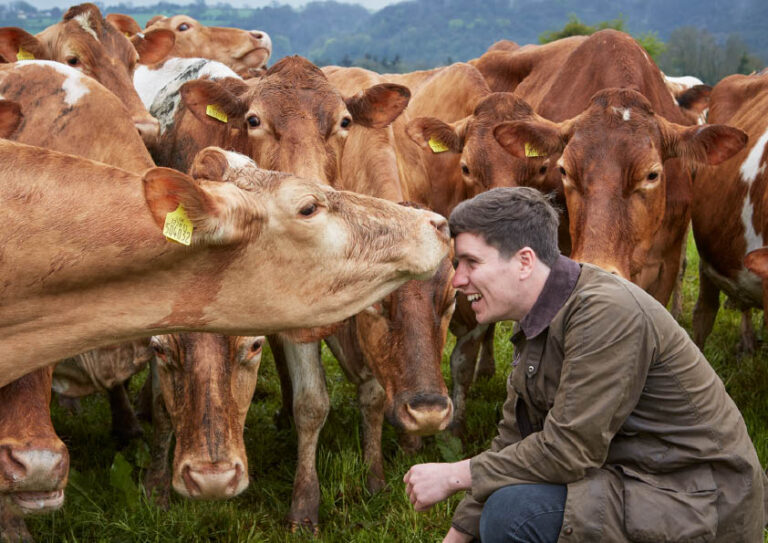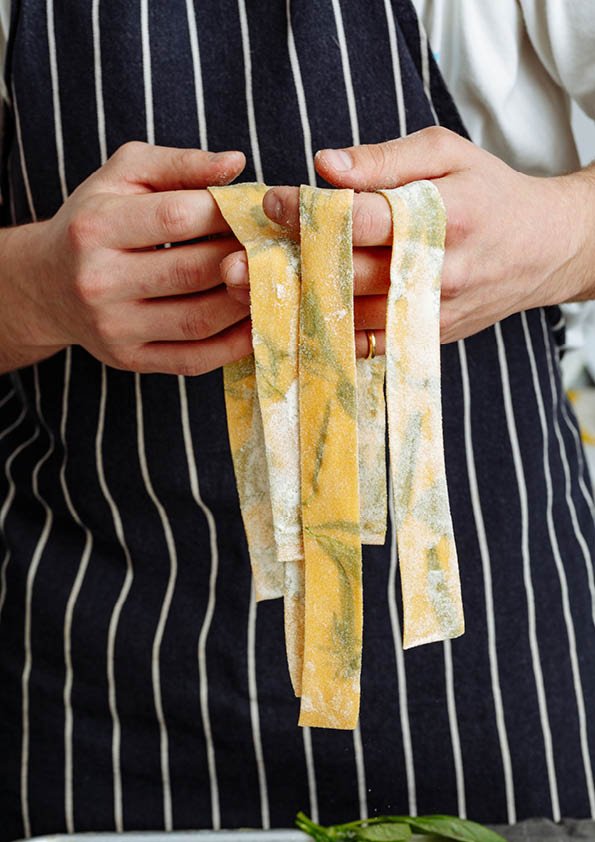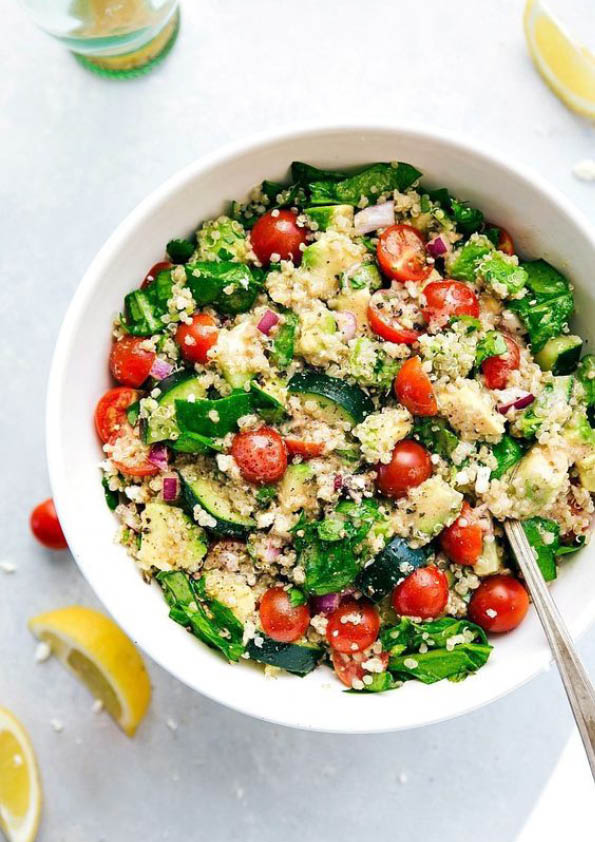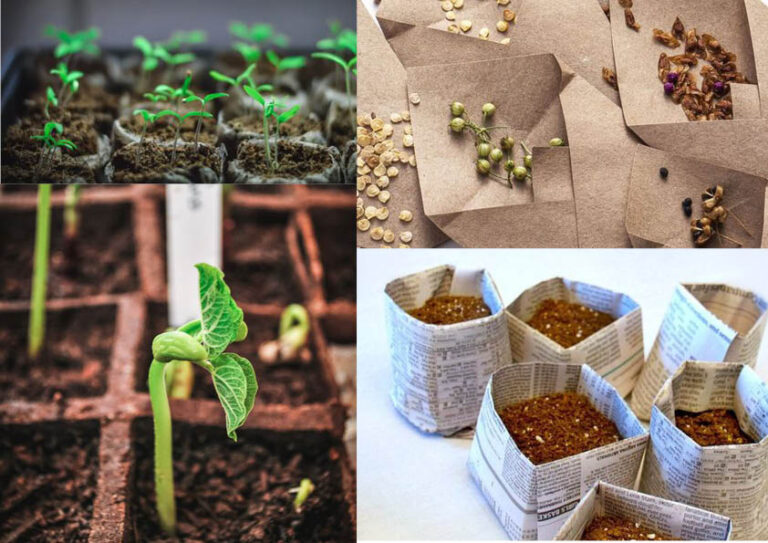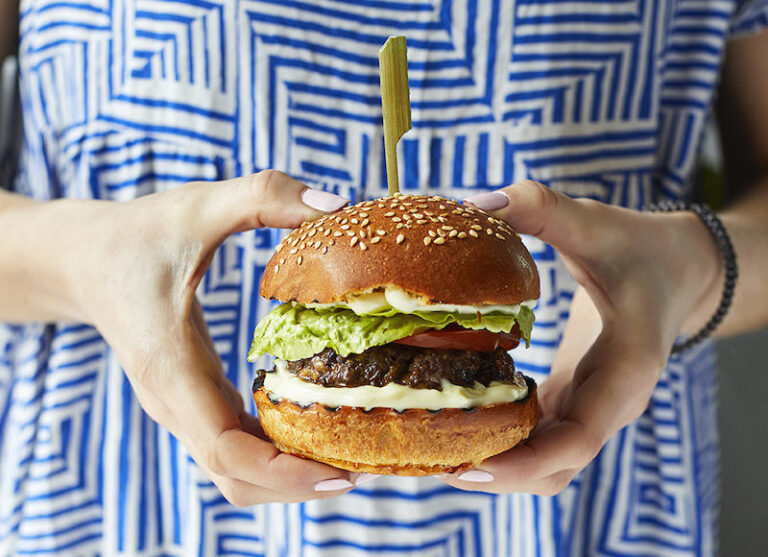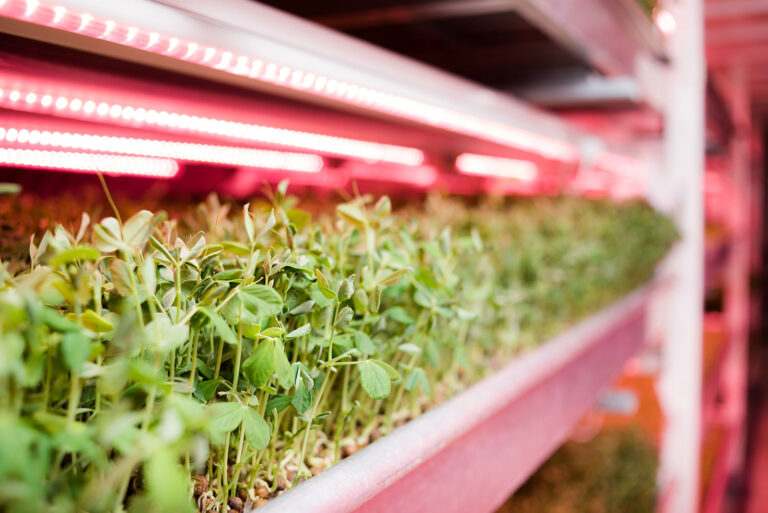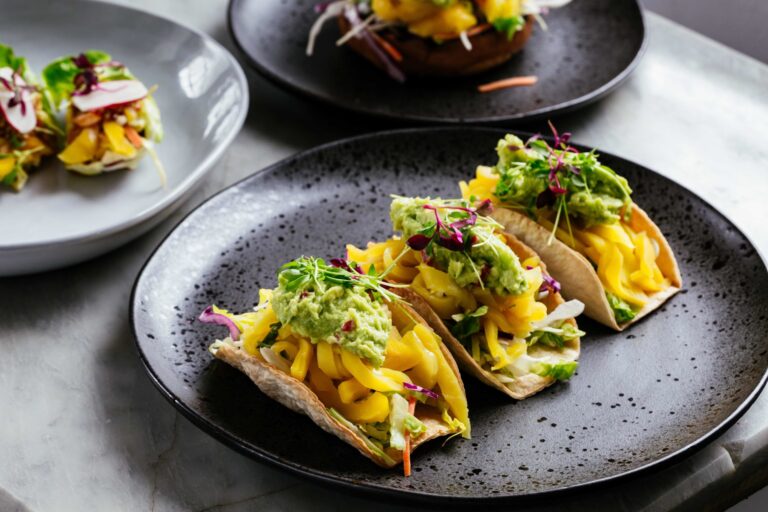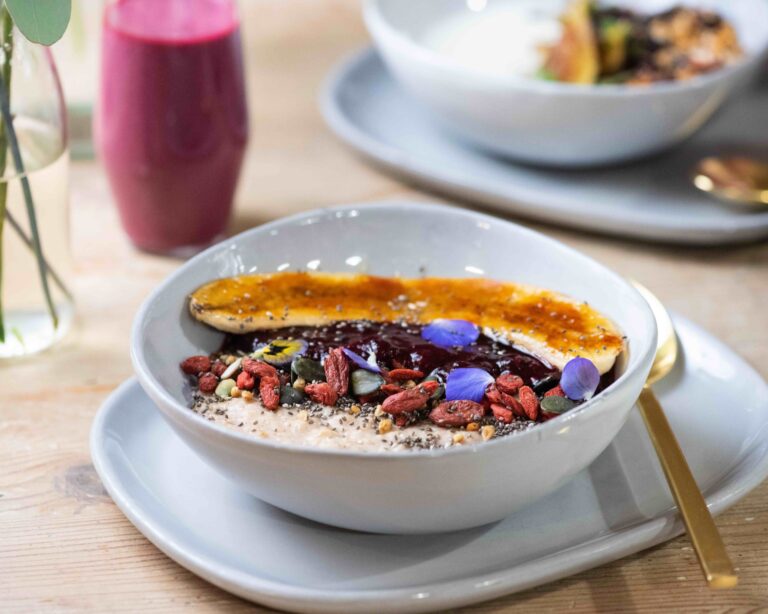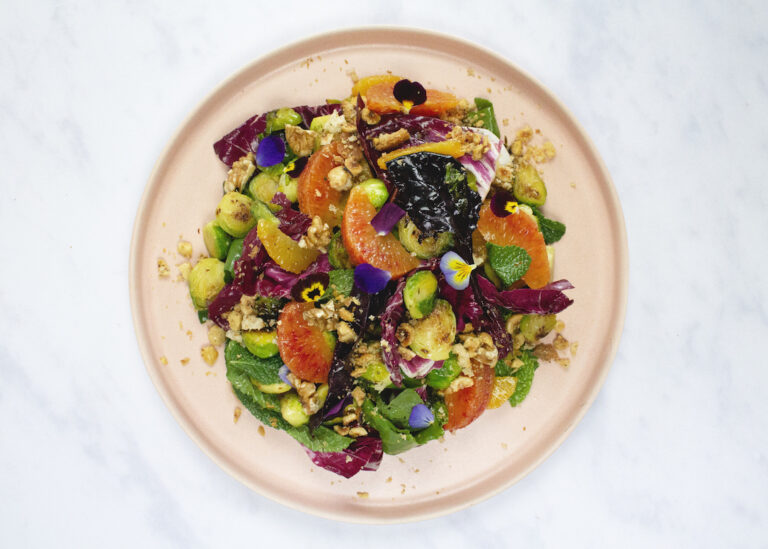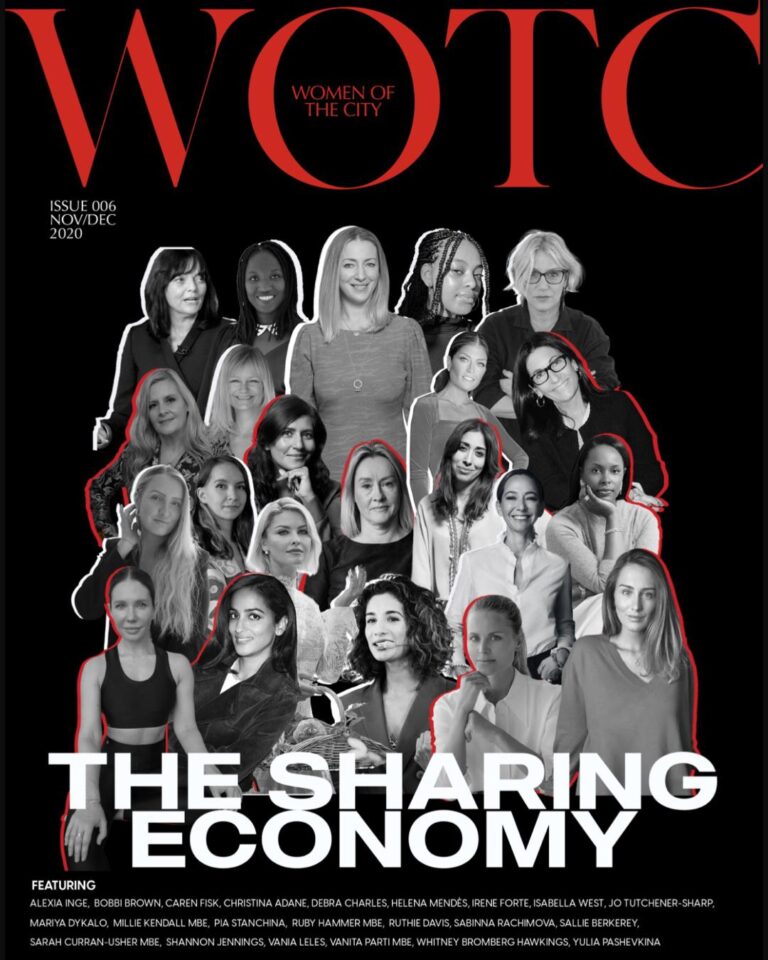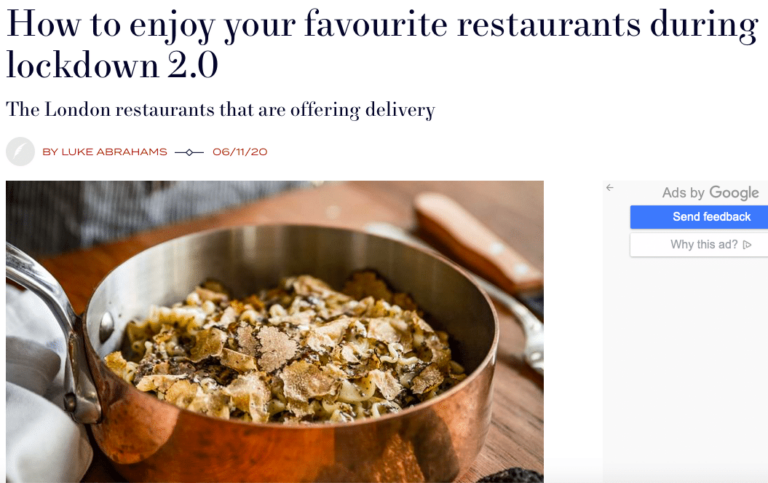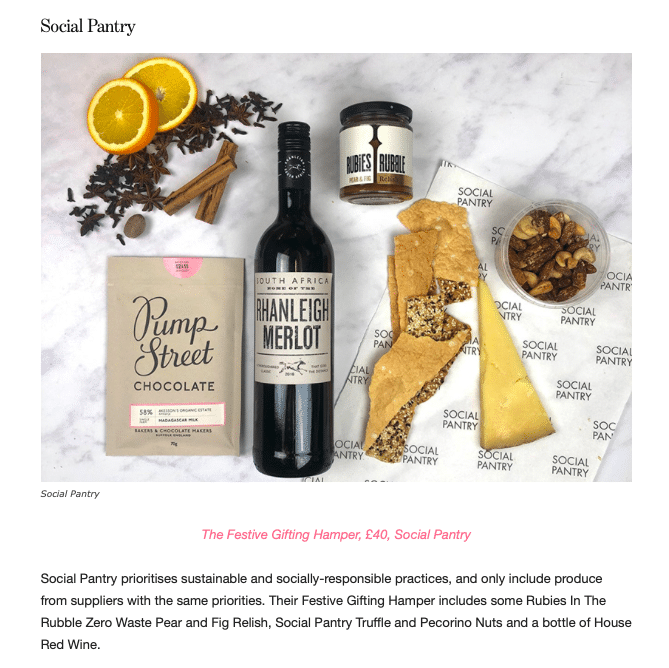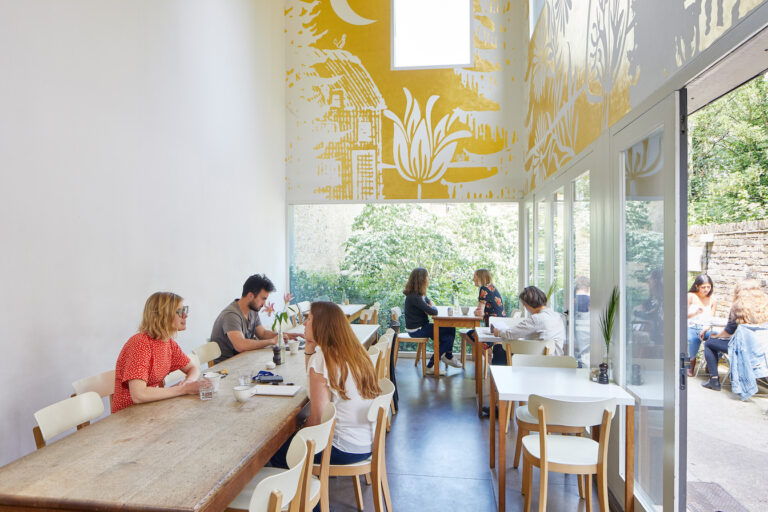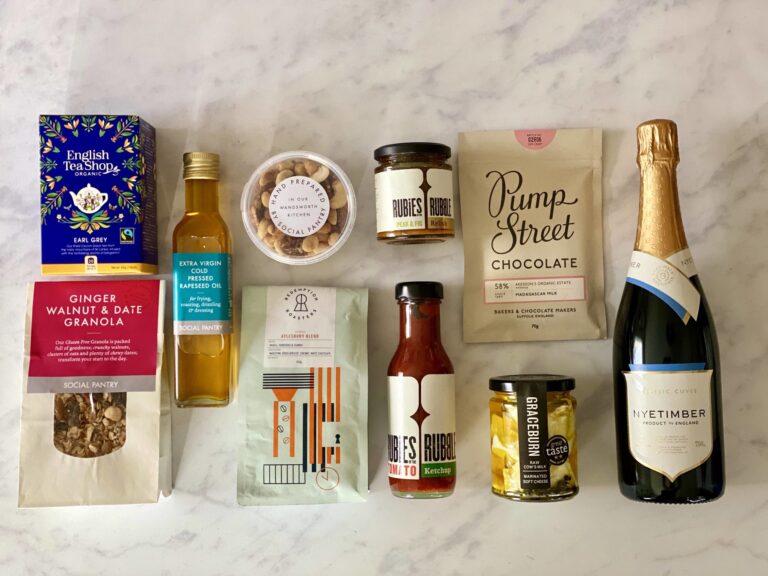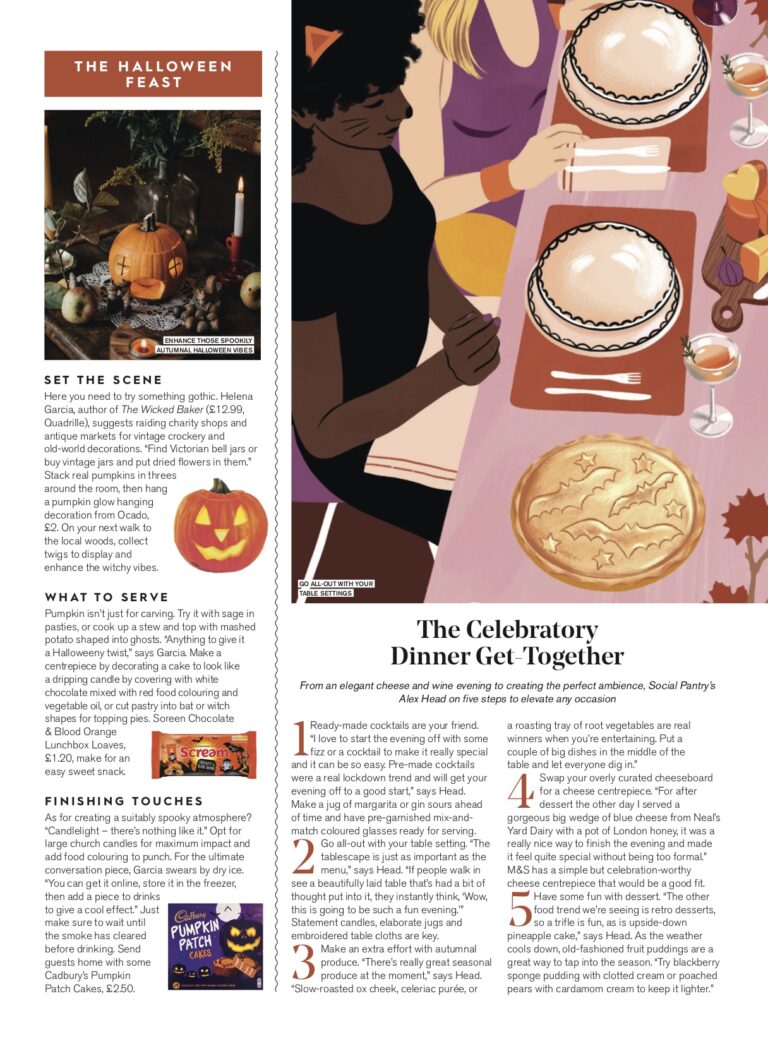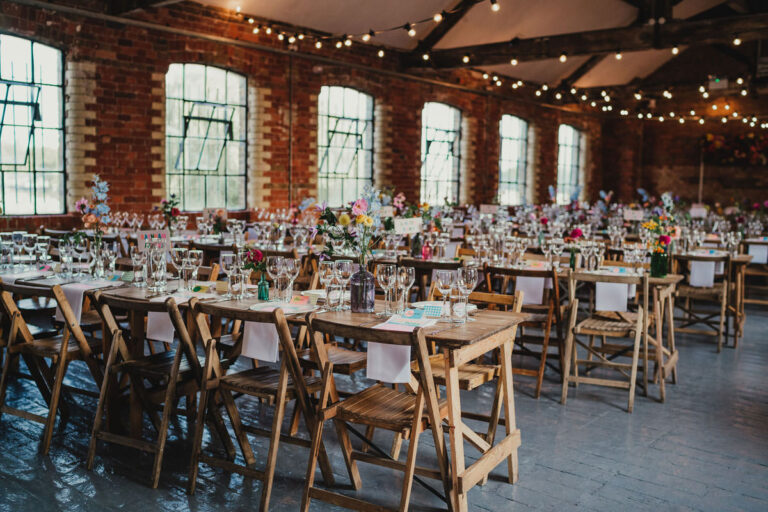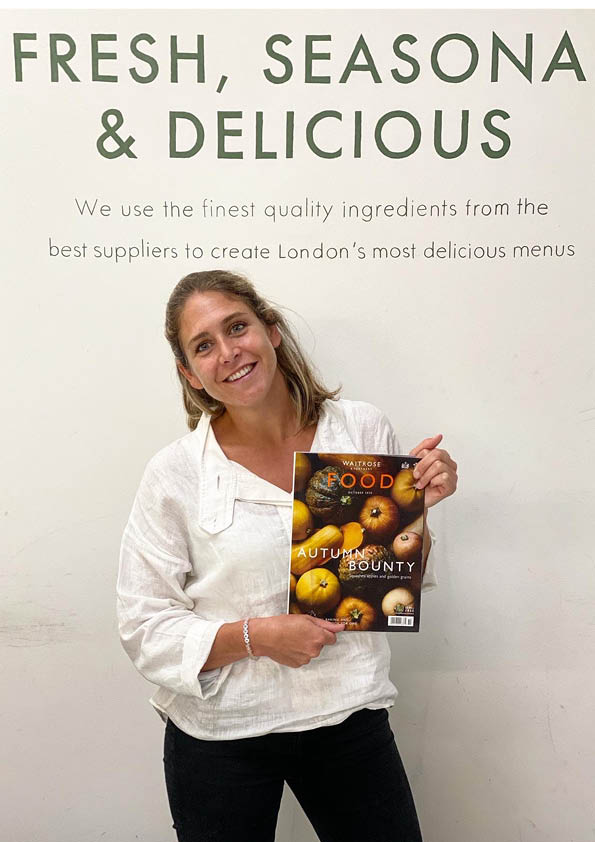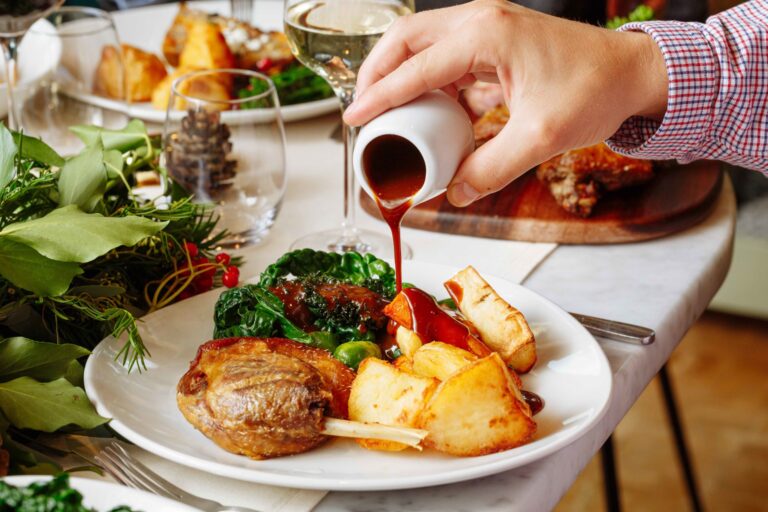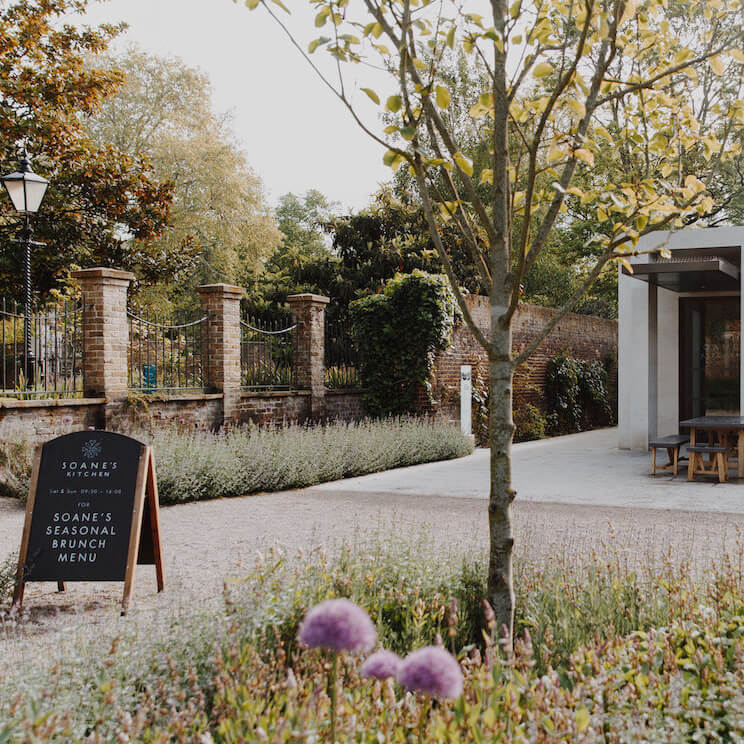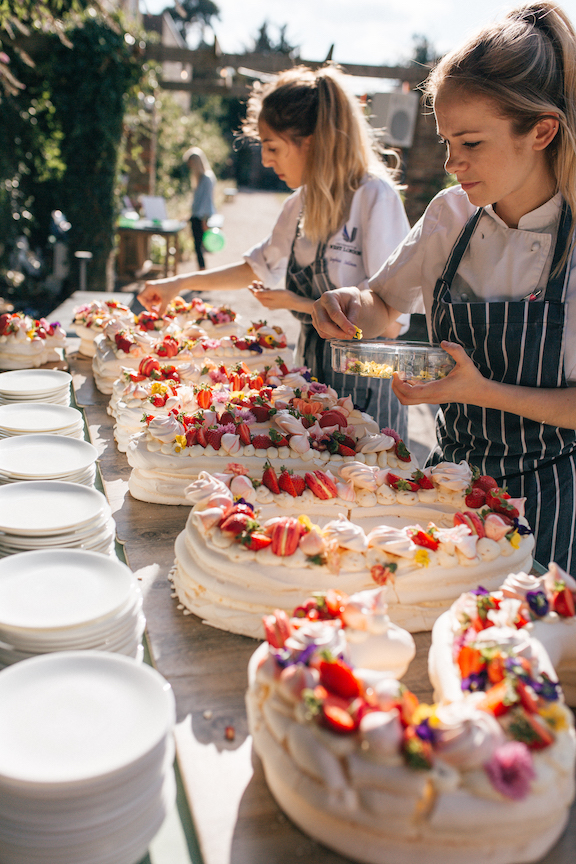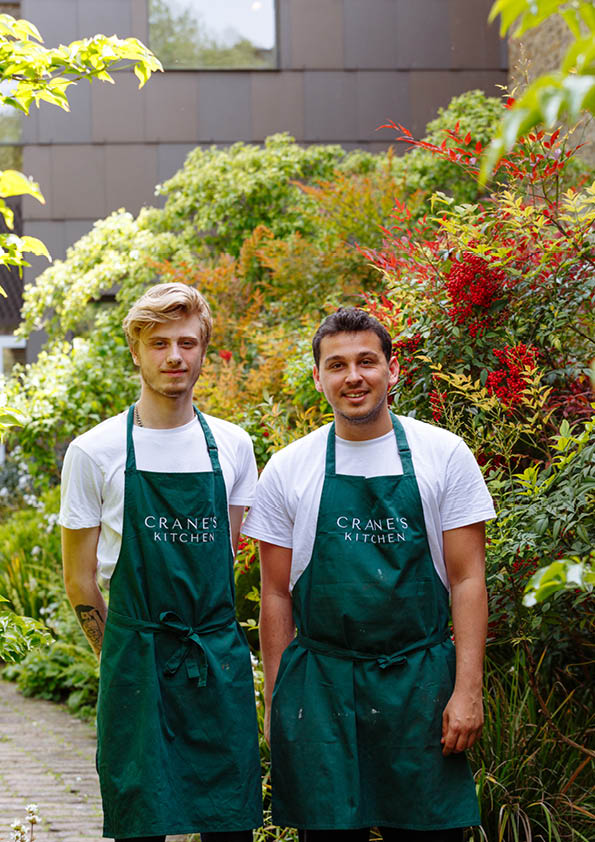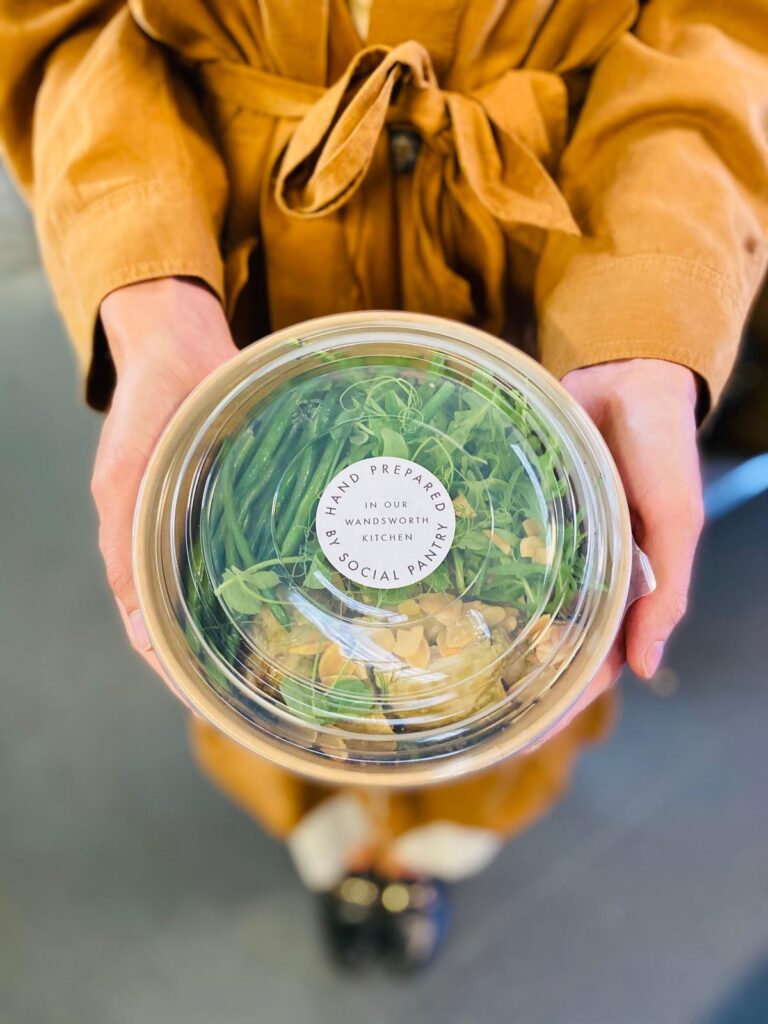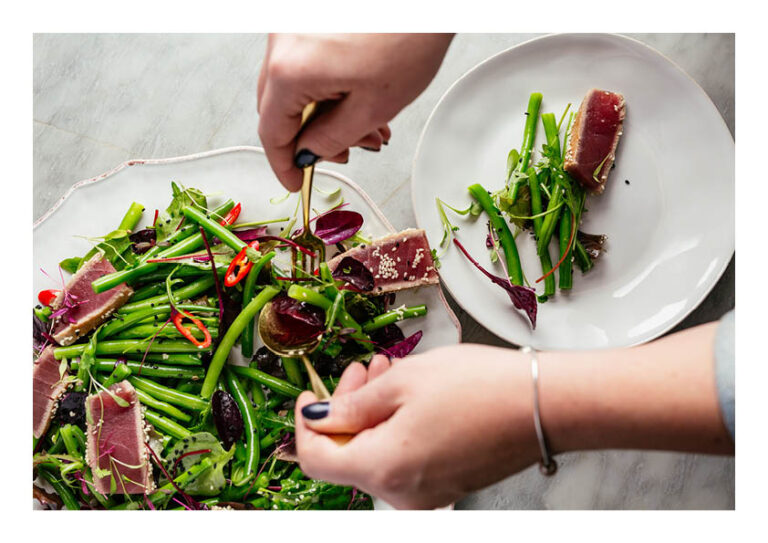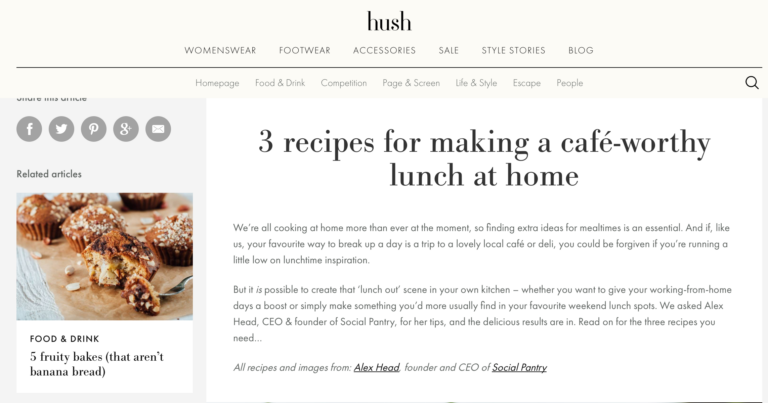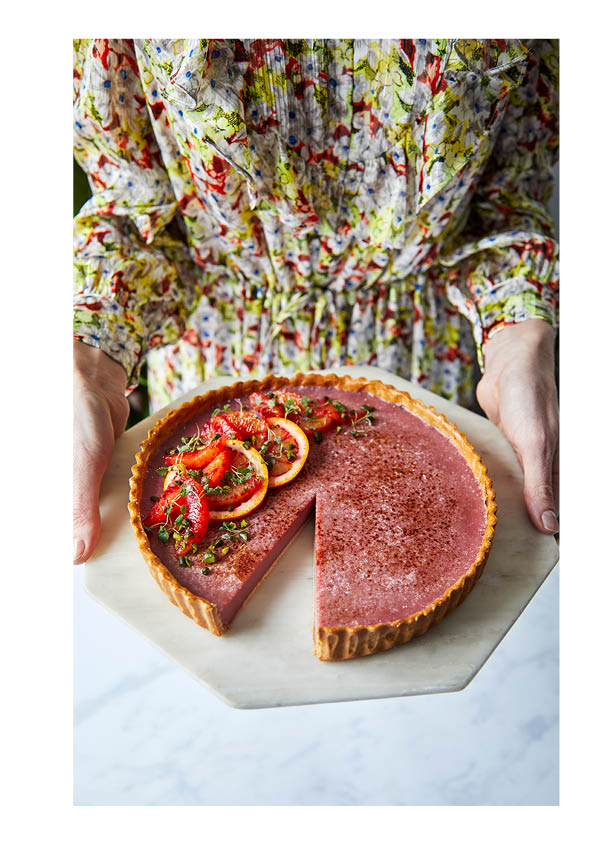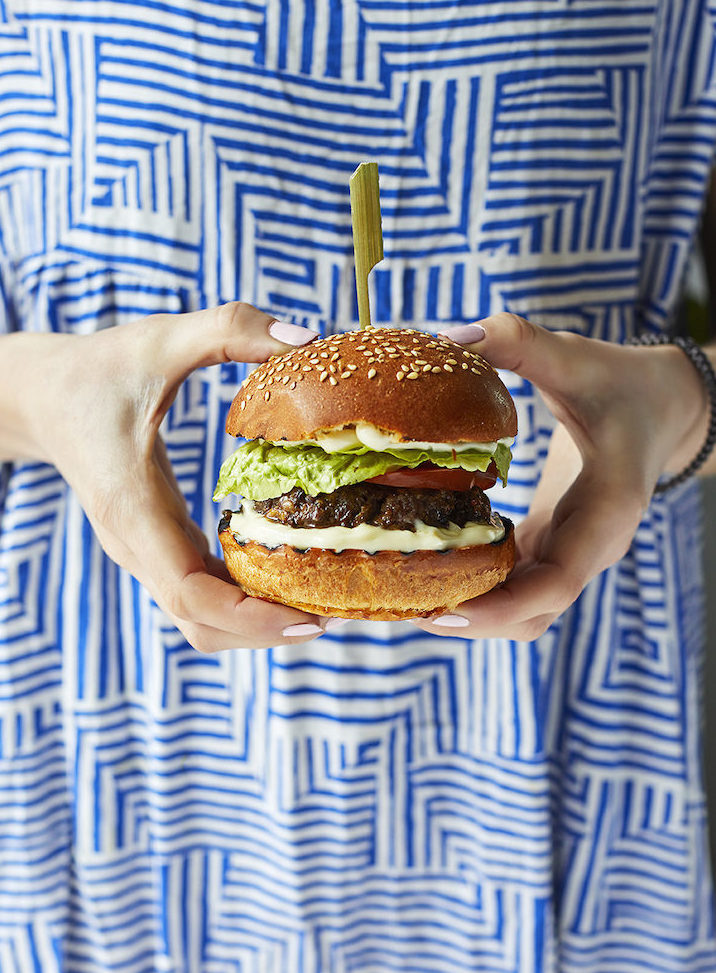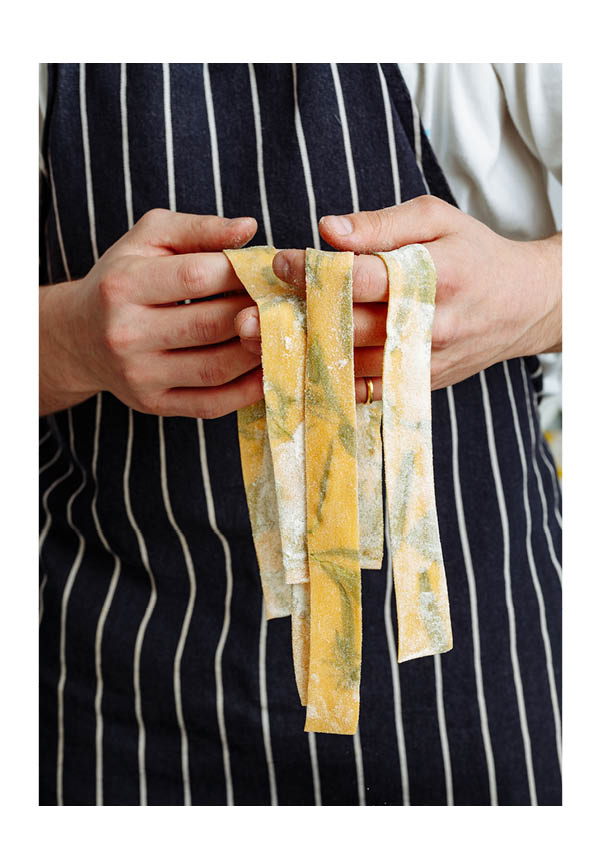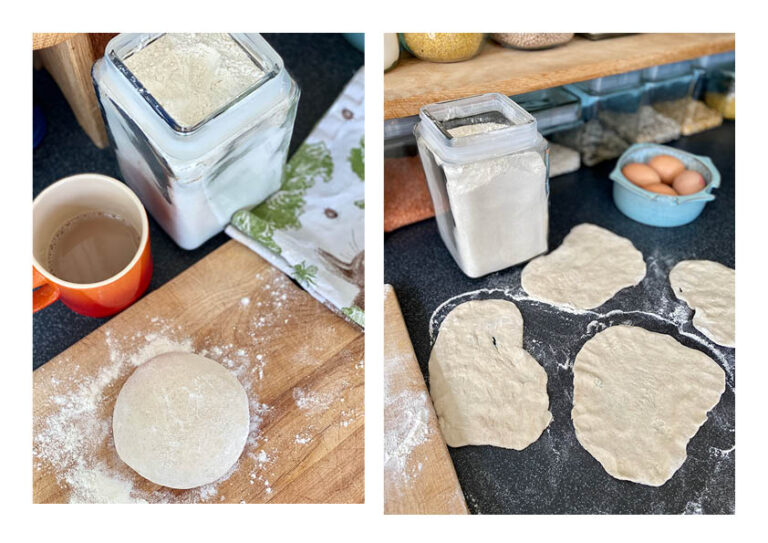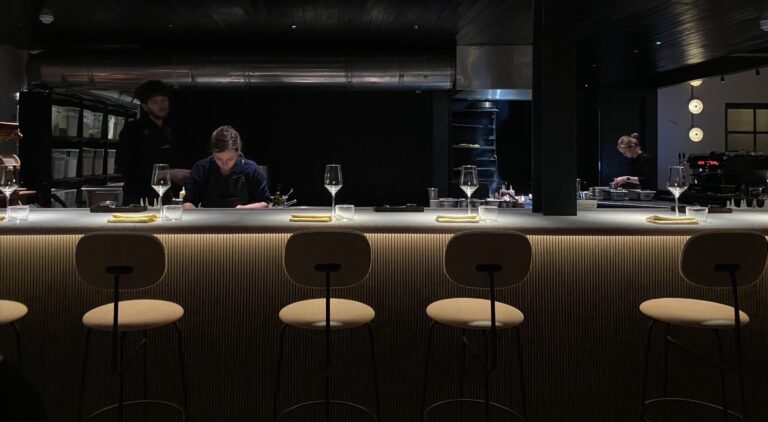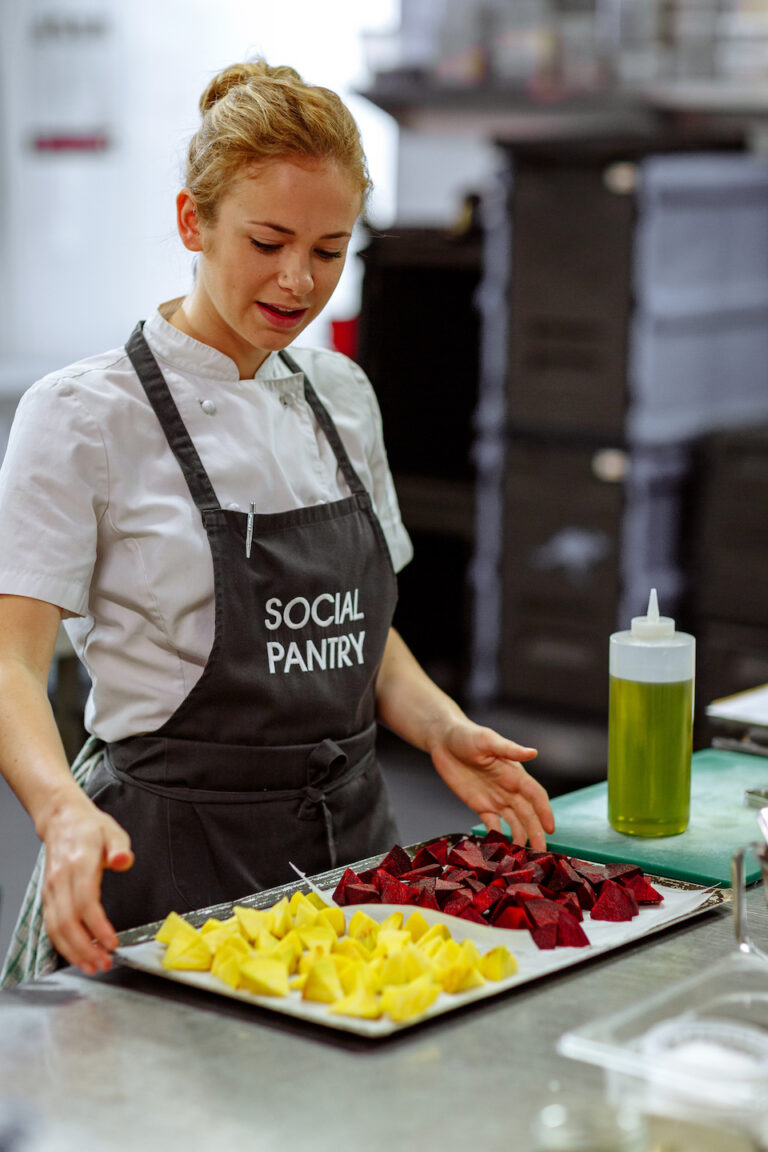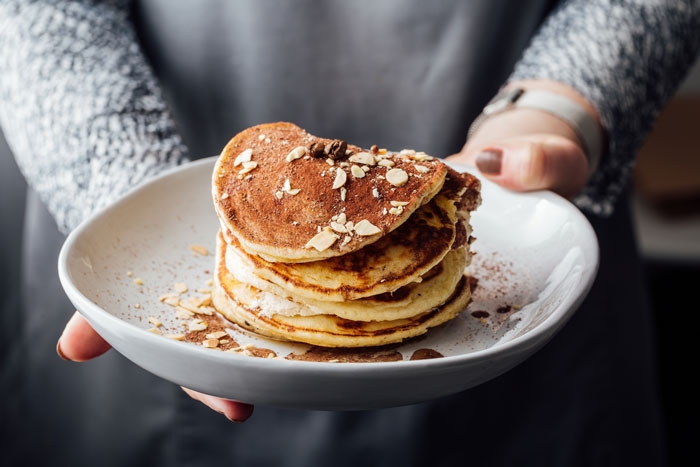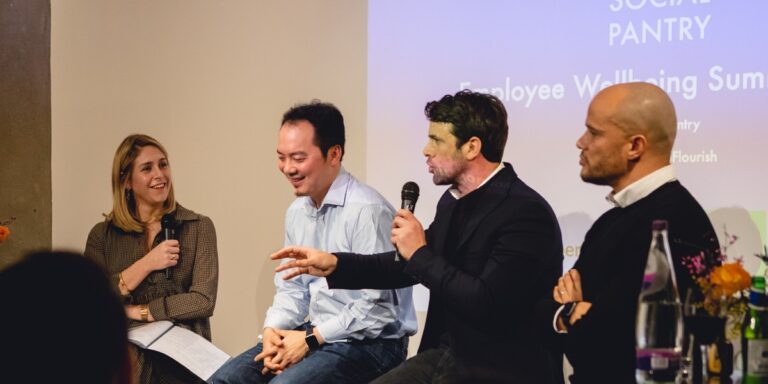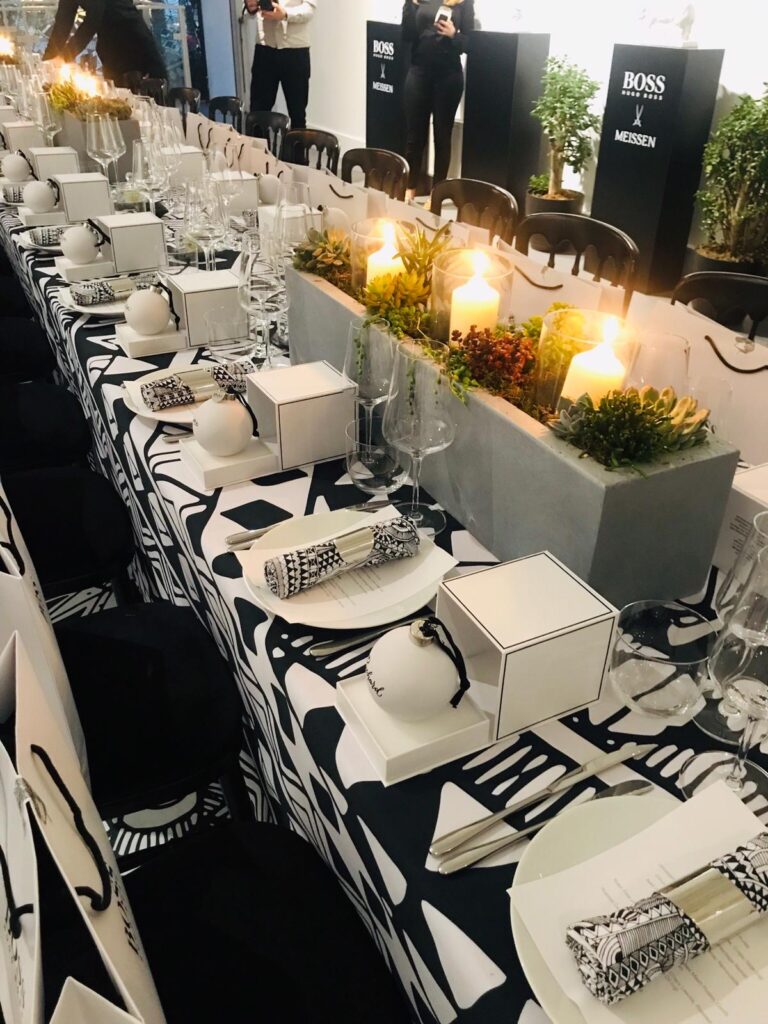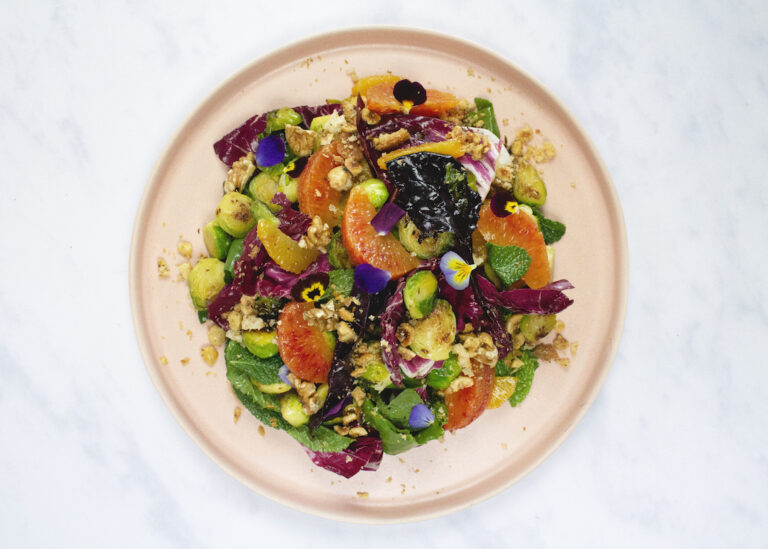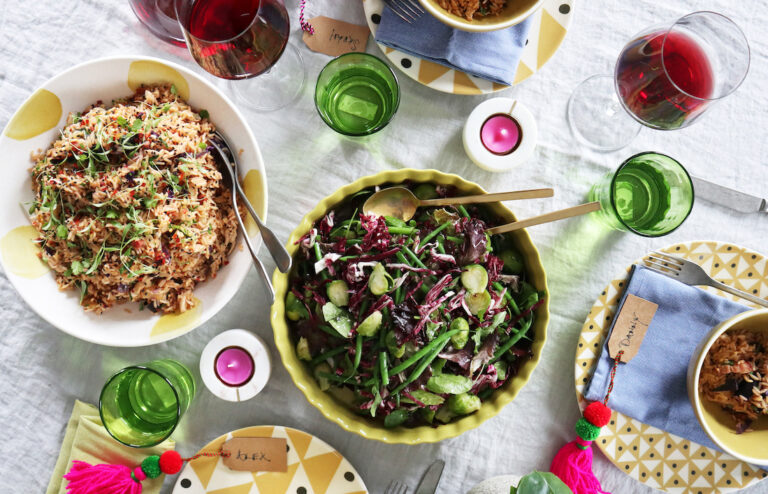In this article
Global Recycling Day - what's it all about?Sifting through the rubbish for the right informationTurn Your Trash Into Treasure Something to Smile AboutTake a Virtual Sacktory TourSocial Pantry's Waste HierarchySeparating and SpecialisingPreventing Food WasteReimagining and Redistributing Food WasteRe-absorbing Food WasteRethinking our Relationship to WasteRecycle responsiblyReduce and Repair Before You RecycleThe 5 RsReaching to the FutureGlobal Recycling Day: New Ways with Waste
Published on: March 15, 2023
As we approach Global Recycling Day, Social Pantry’s sustainability consultant Nash Gierak shares new ways with waste. Read on for insights into our own waste philosophy and to discover resources to revolutionise your recycling game.
Global Recycling Day – what’s it all about?
Every year on March 18th, Global Recycling Day is celebrated worldwide to raise awareness about the importance of recycling and reducing waste. This day is an opportunity to educate people about the benefits of recycling, encourage them to take action, and create a sustainable future. Recycling is the process of converting waste into reusable materials and conserving natural resources. This helps to reduce the amount of waste that goes into landfills. That said, it can be a really confusing business. Messaging on packaging may be unclear. There are numerous waste streams to navigate. Plus there are significant differences in refuse collections depending on local council rules.
Sifting through the rubbish for the right information
Recycle Now is one of the best resources we have. Head here to find out the difference between The Green Dot, Plastic Resin Codes, and everything in between. Additionally, the website has a brilliant search function you can use to enter any item you’re not sure about and filter it to your own postcode. How handy is that?

Turn Your Trash Into Treasure Something to Smile About
MÜLL CLUB in Brockley is redesigning London’s plastic waste, transforming trash into treasure. Why not take part in one of their in-shop Plastic Recycling Workshops? They’ll teach you about the history of plastic, and the environmental impact that waste is having on our planet and in our bodies. Plus they’ll teach you how to recycle your own household waste. They have some cool machinery that will transform your plastic waste into these cool zig-zag soap dishes, candle holders, combs, and coasters. The session is 2 hours and you’ll walk away with your recycled goodies.
We’ve also been wowed by the amazing work at Smile Plastics, a materials design and manufacturing house creating handcrafted, supersized panels for retail, architecture, interiors and product design. We just love the bar top and tables they created using 100% recycled and 100% recyclable materials at the original zero waste restaurant, Silo. (You can read more about Social Pantry chef Amy’s stage at Silo here too!)

Take a Virtual Sacktory Tour
Spend your tea break going on an interactive tour of First Mile’s sorting facility! If you’re looking for an electric-fleet operated zero-to-landfill waste management provider, First Mile are a great choice. (It’s Social Pantry’s choice too!) They also offer a free online interactive recycling workshop that you can book on Eventbrite. Here’s hoping they bring the in-person versions back soon!
Social Pantry’s Waste Hierarchy
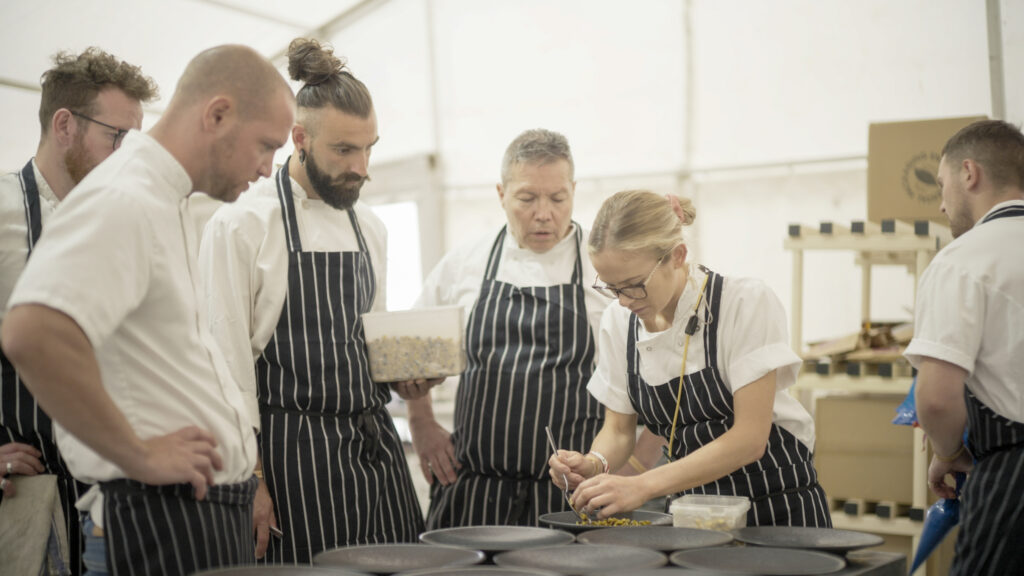
Separating and Specialising
We separate our waste using First Mile’s regular collections model. We also use their ad-hoc specialist Recyclebox option which covers everything from VegWare to stationery. Have you come across Terracycle boxes in the supermarket? This style of collection offers a solution to some of those more difficult-to-deal-with items that aren’t covered by municipal services.
Preventing Food Waste
When it comes to our own operations, preventing food waste is our passion. Did you know that if food waste were a country, it would be the third largest emitter globally, after the USA and China? It’s something that we address at the ordering stage, using our experience to predict quantities— as accurately as possible—to requirements. Subsequently, we do all we can to use every part of an ingredient through preserving, pickling, and fermenting, as well as using a root-to-leaf, or nose-to-tail, approach.

Reimagining and Redistributing Food Waste
There is inevitably some potential for food waste. This could be due to last-minute change in circumstances, or even plate-scrapings. Therefore we have created a waste hierarchy that puts surplus food redistribution right at the top. We ensure nutritious delicious meals can make their way to our community through regular volunteer collections at our HQ. To achieve this, we are proud to be partnering with OLIO as part of their Food Waste Heroes program.
Re-absorbing Food Waste
As for anything unusable such as out-of-date produce, or the aforementioned plate-scrapings, we manage these by using a combination of our on-site ORCA biodigester, a machine that turns food scraps into a liquid that can find its way back to the water treatment plant through our existing plumbing infrastructure, reducing the need for vehicles, and therefore carbon emissions. What can’t go in the ORCA is put into our First Mile food waste collection. This also goes through an anaerobic digestion process, but can deal with tricky waste that can’t be handled on-site such as more substantial bones, shells, teabags, etc.
“By creating an inverted pyramid hierarchy, we ensure there is very little waste from Social Pantry’s operations. “
– Nash Gierak

Rethinking our Relationship to Waste
Recycle responsibly
Recycling is important. However we can’t rely on recycling programs alone to reduce waste. We all have a critical role to play! Firstly, we need to recycle responsibly and avoid “wishcycling”. This is the well-meaning act of popping something in a recycling bin and hoping for the best. This can cause more harm than good. Contamination with non-recyclables risks the entire bin load being rejected!
Reduce and Repair Before You Recycle
One of the most effective ways to reduce waste is by reducing consumption. By buying only what we need, we can reduce the amount of waste we generate. Closing the loop by hiring, repairing, or buying preloved are also great ways to keep items out of landfill and in circulation. Look out for a repair workshop near you via the London Recycles website. They list options for everything from bike maintenance, to reupholstery workshops.
The 5 Rs
If you’re feeling really activated, learn about the zero waste movement, and the 5 Rs: Refuse, Reduce, Reuse, Recycle, Rot…in that order!). Opt to source items package-free—but most importantly plastic-free—in order to steer away from the fossil fuels that go into its production.

Reaching to the Future
As the world becomes more environmentally conscious, the importance of recycling will only continue to grow. New technologies are being developed to make recycling more efficient and effective, and governments and businesses are taking steps to promote sustainability. However, there is still much work to be done. We must continue to educate ourselves and others, and actively seek out the benefits of recycling and promote sustainable practices. Together we can create a cleaner, healthier planet.





